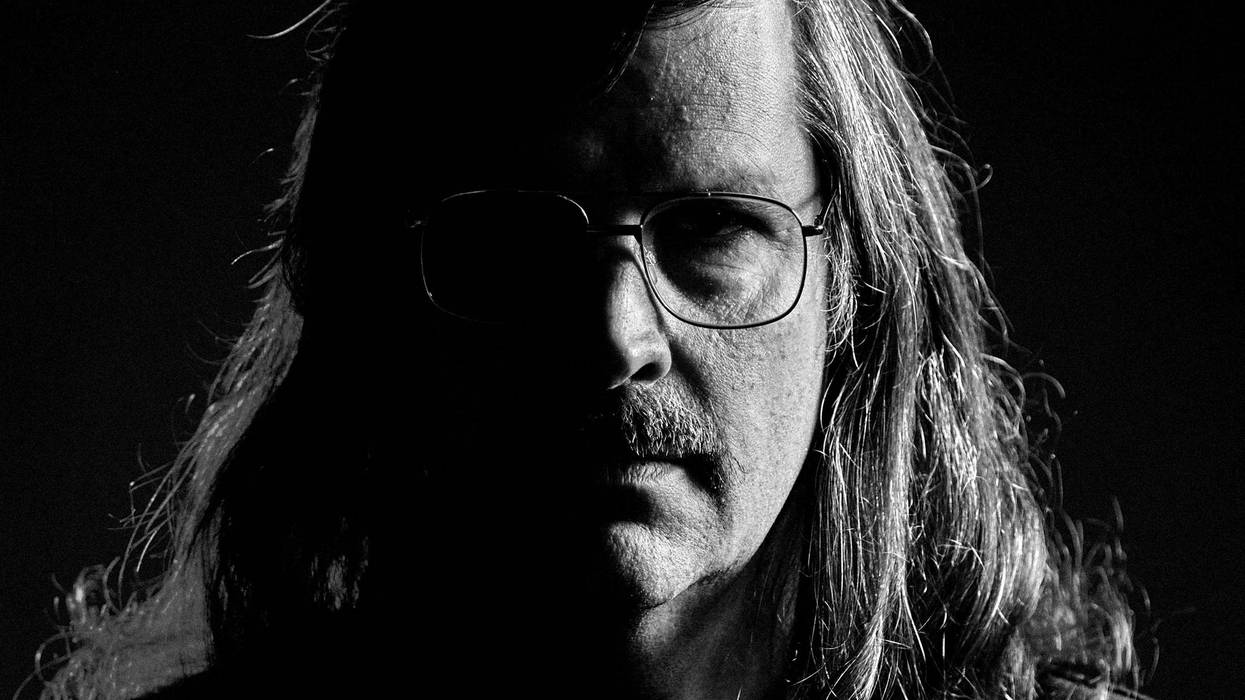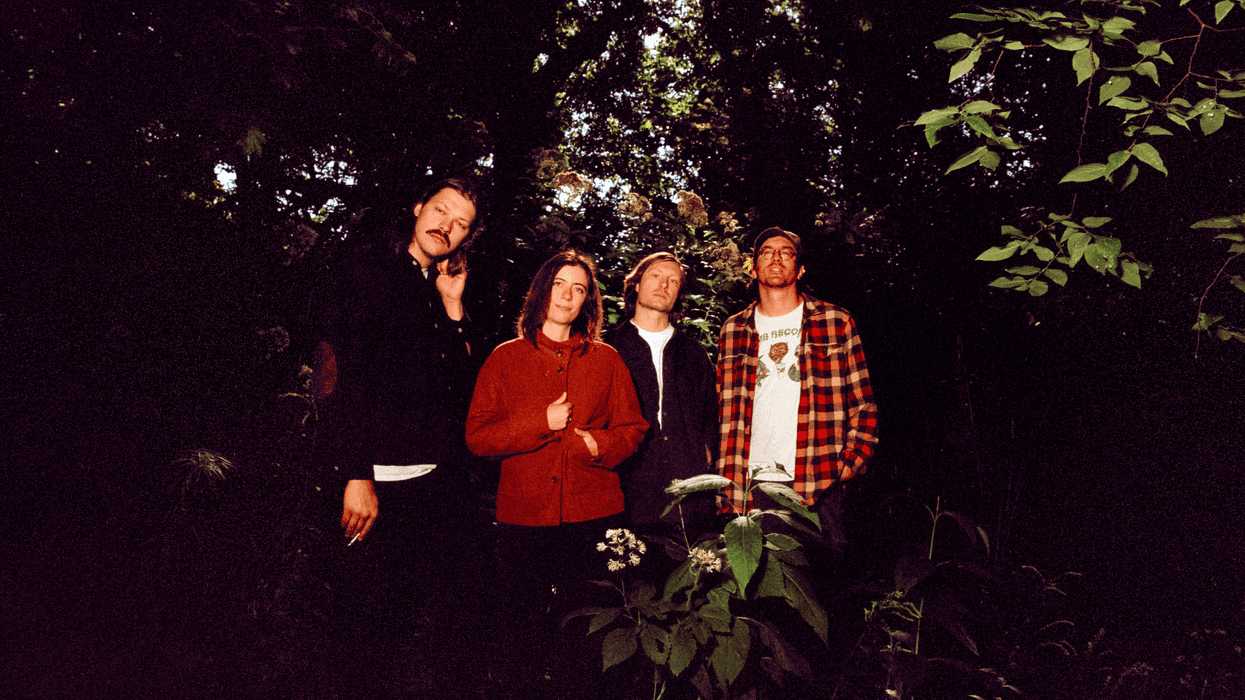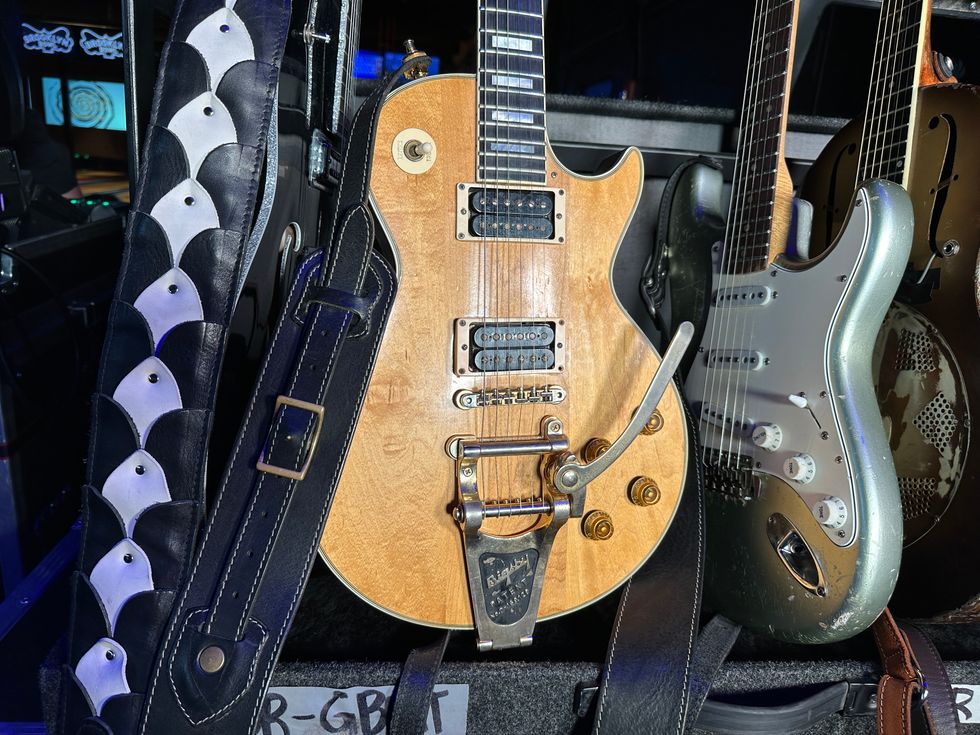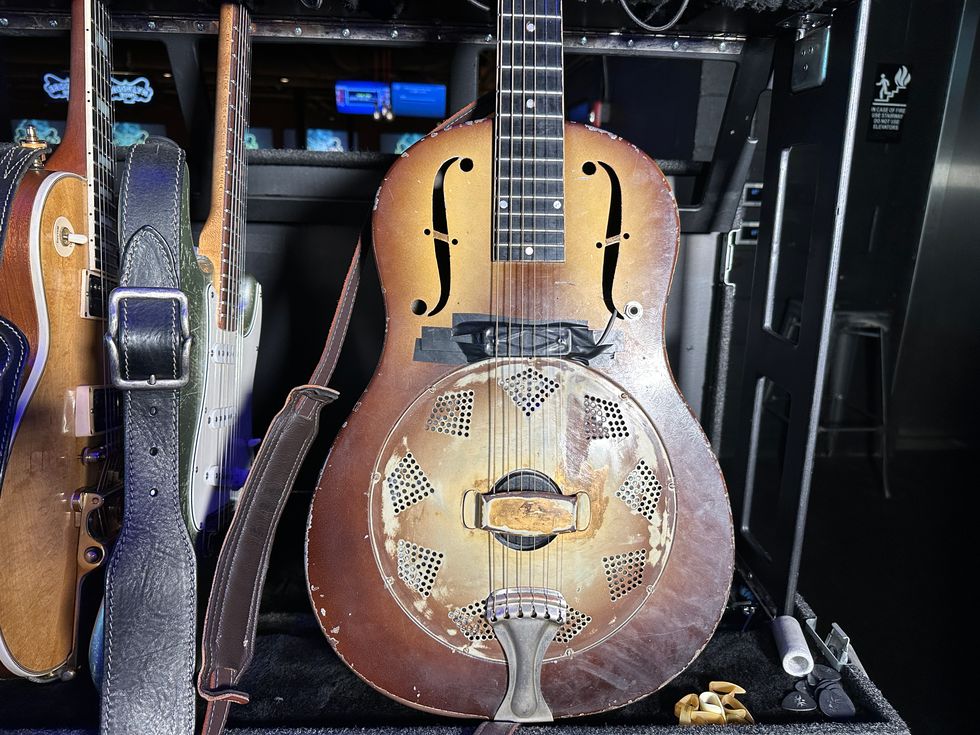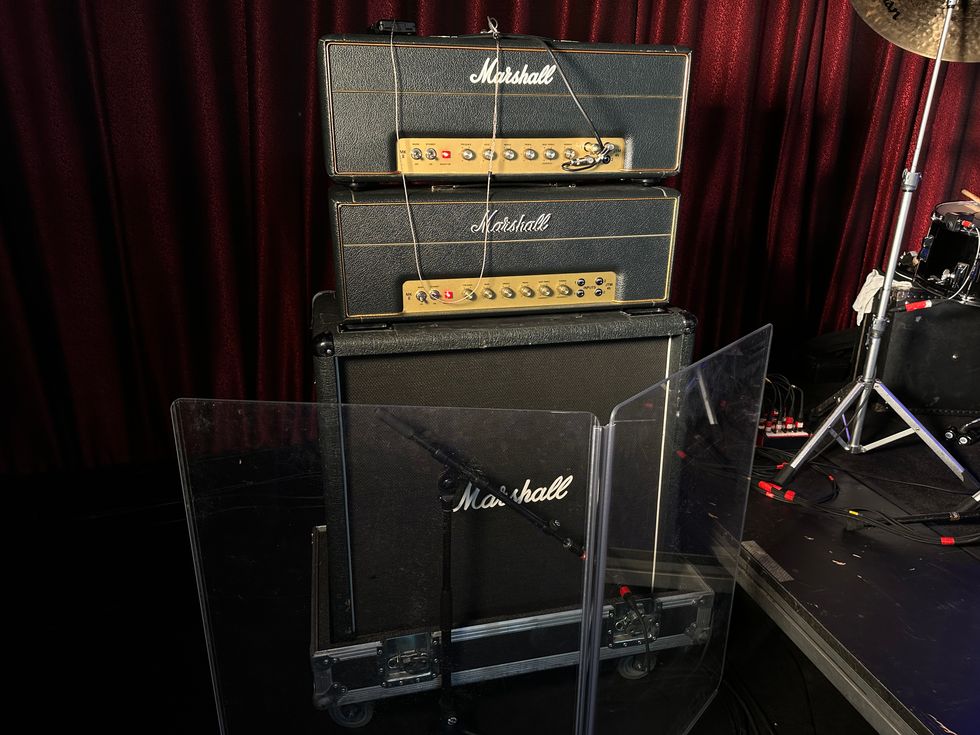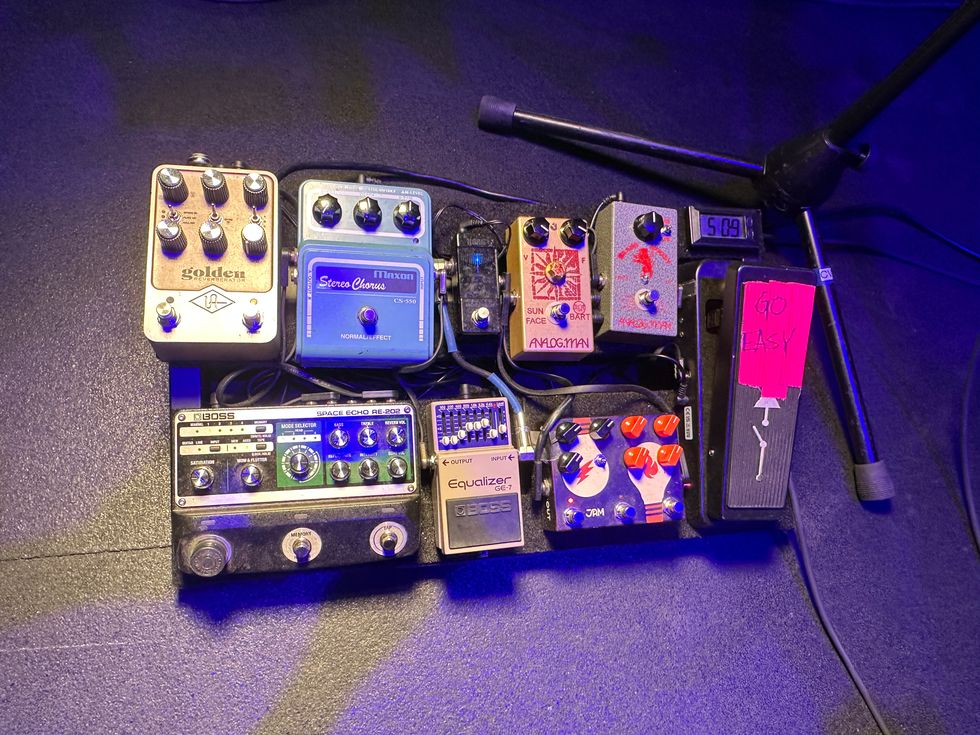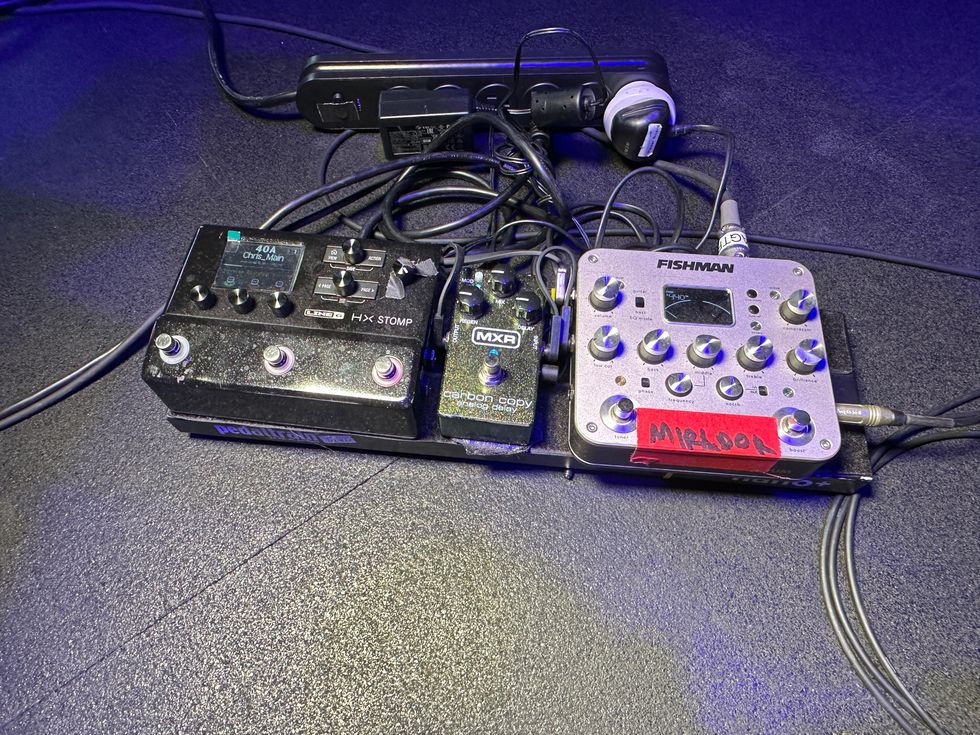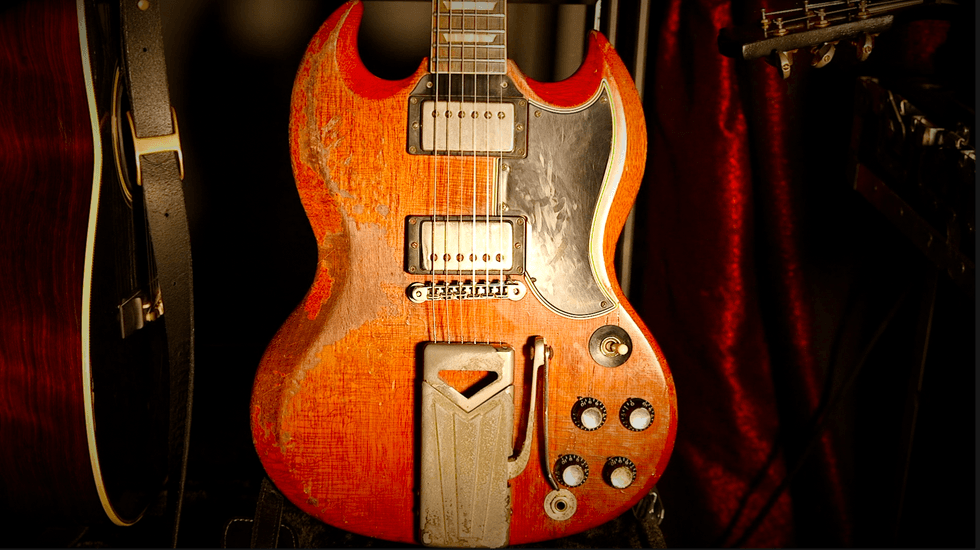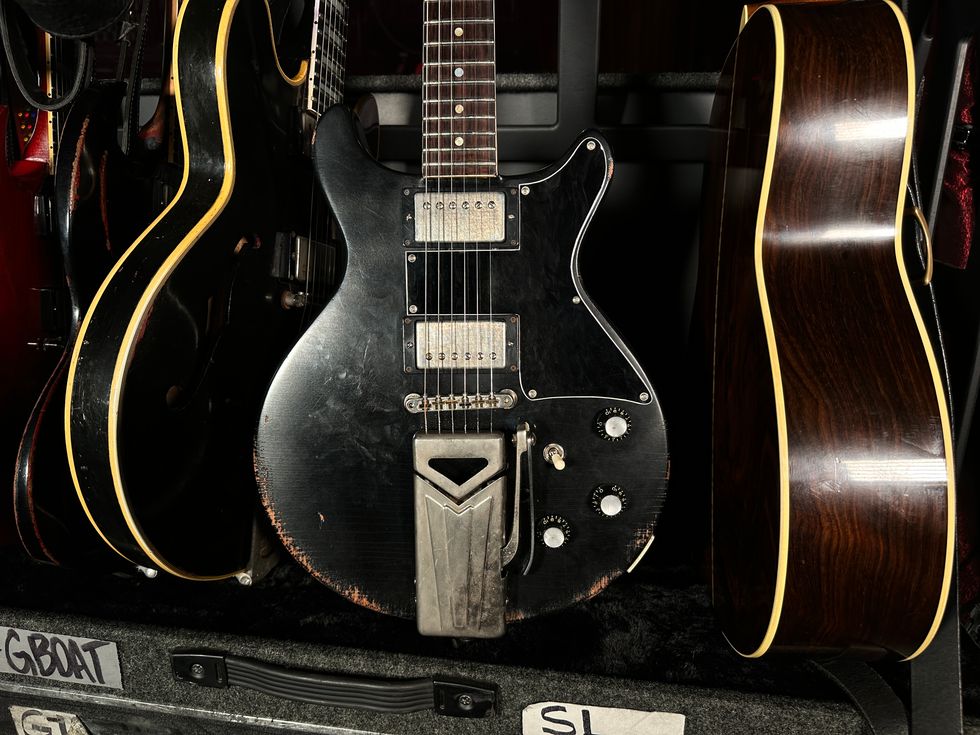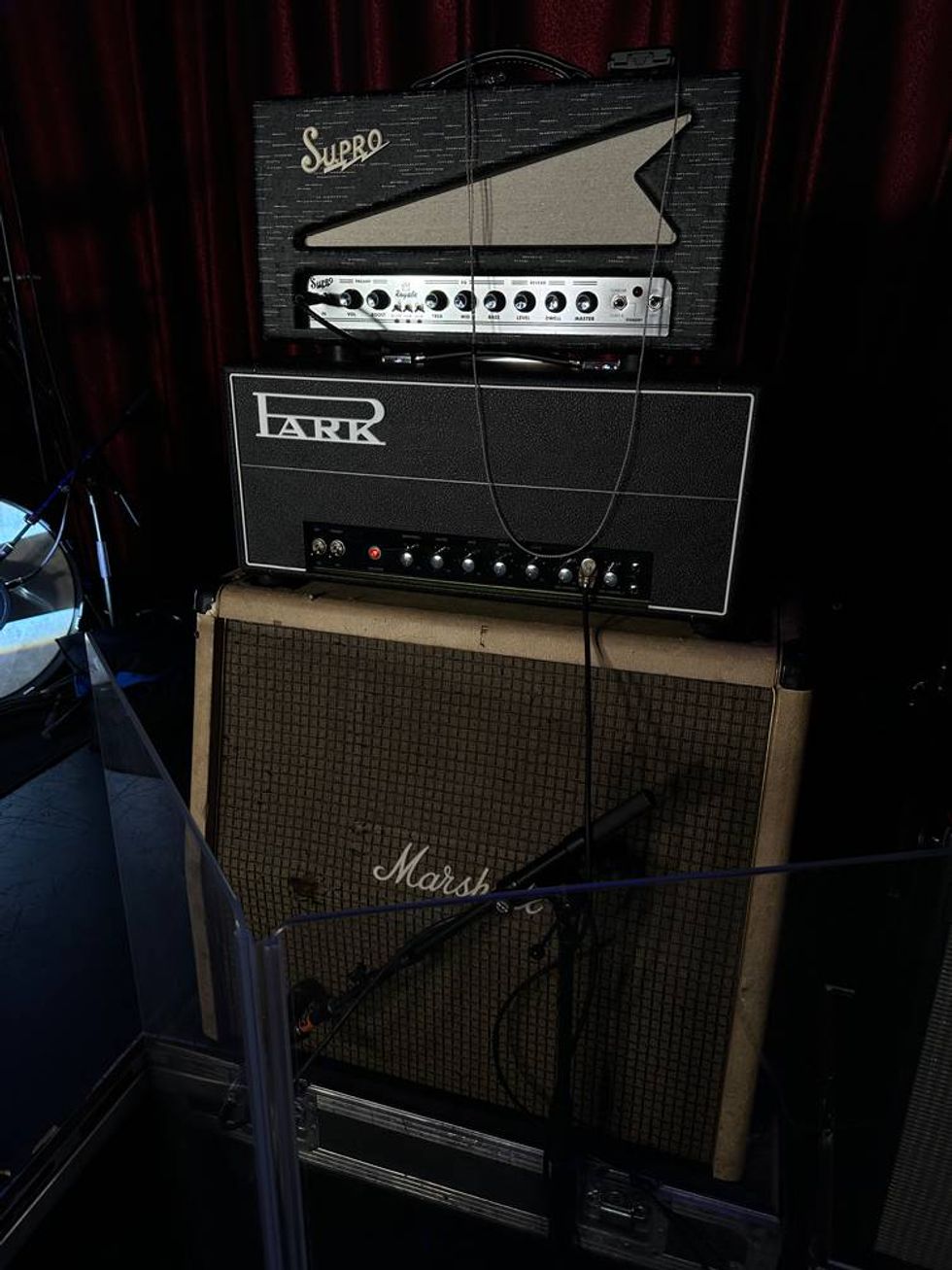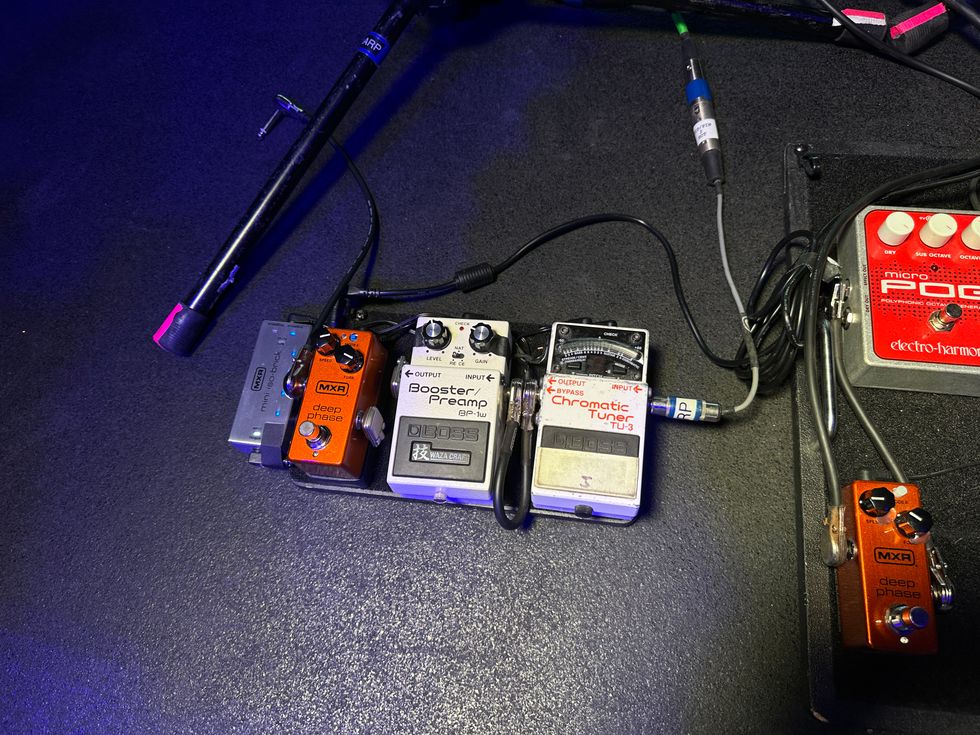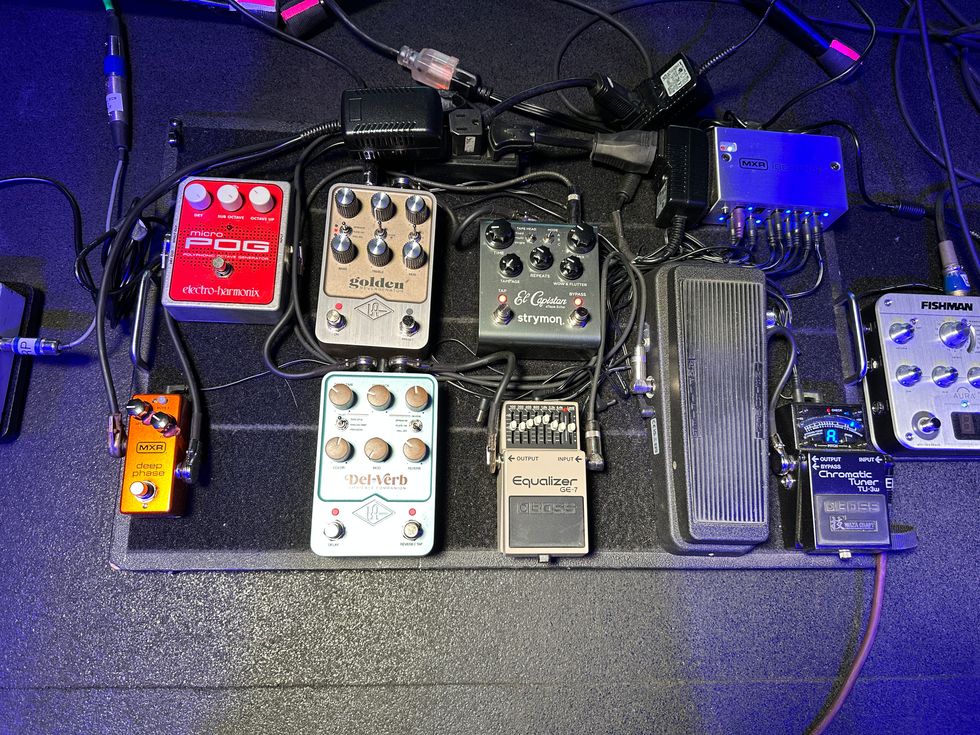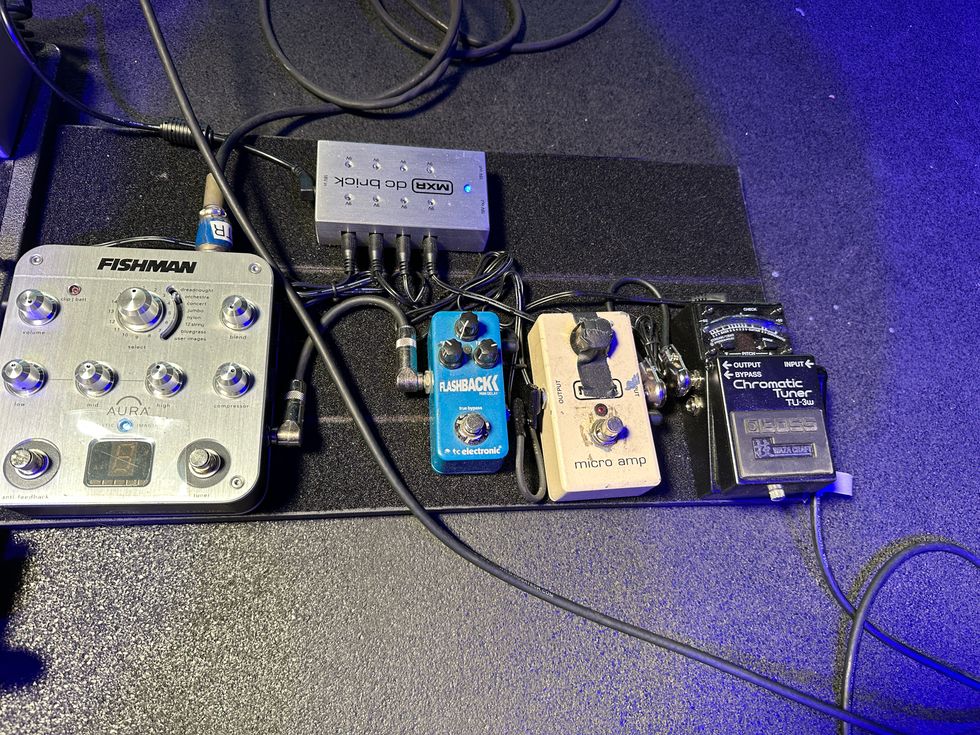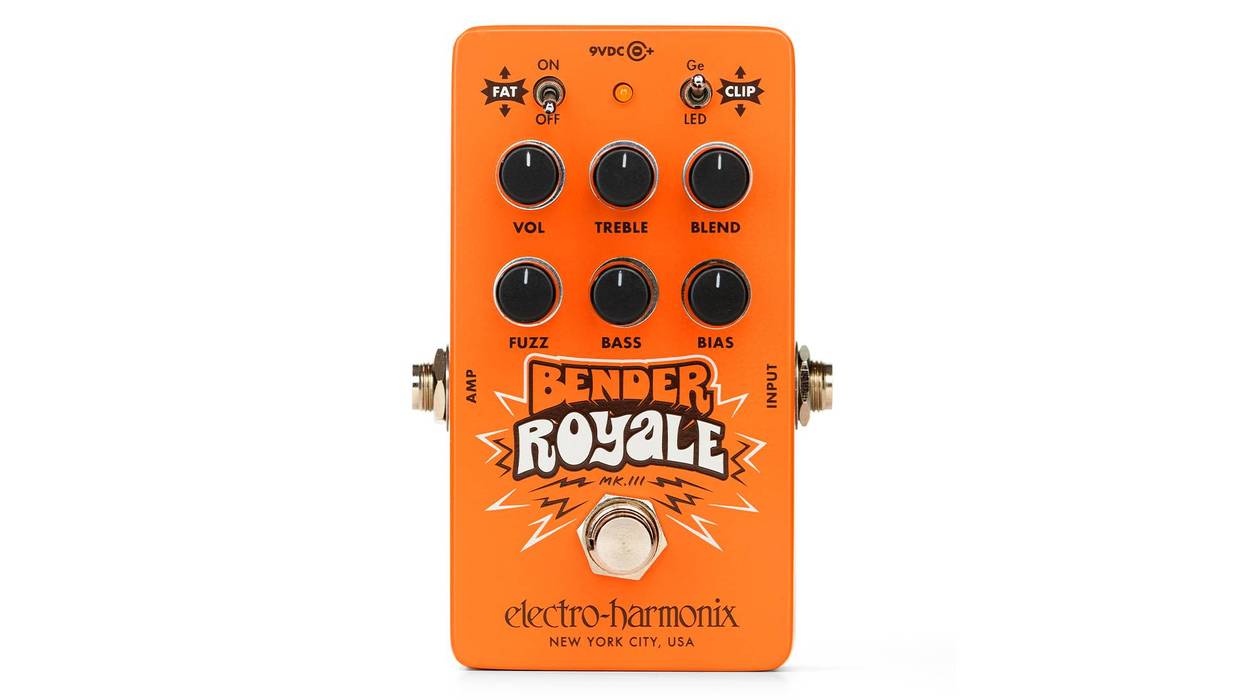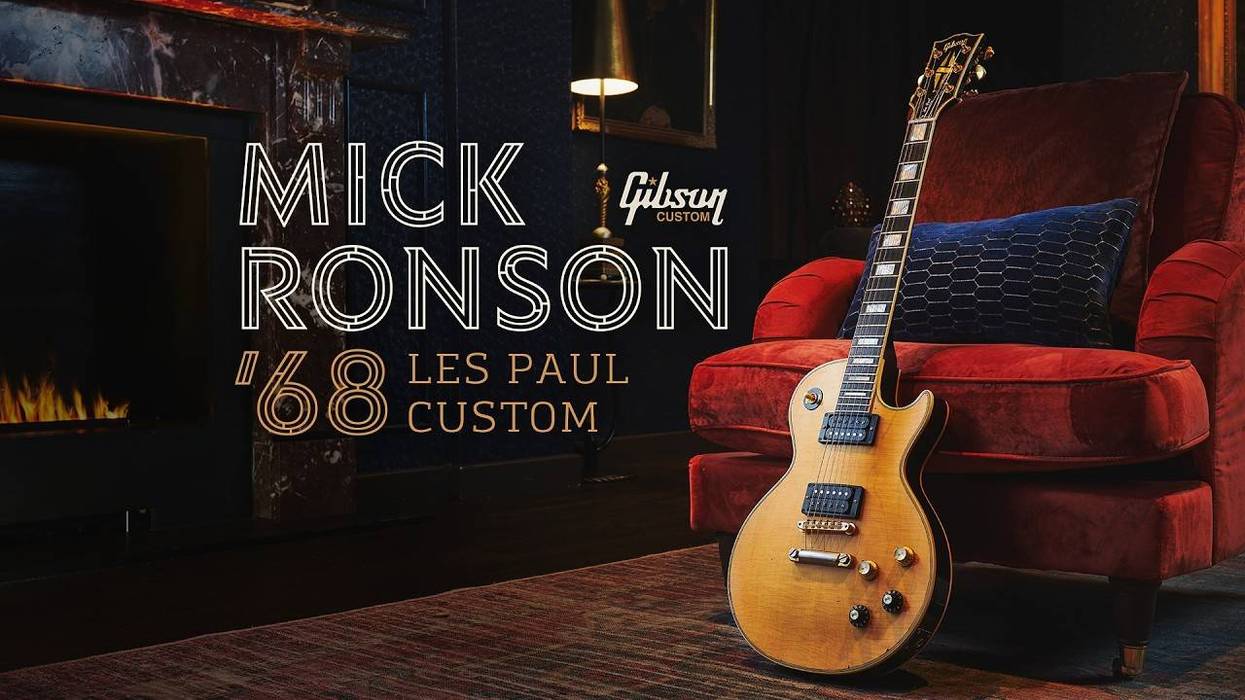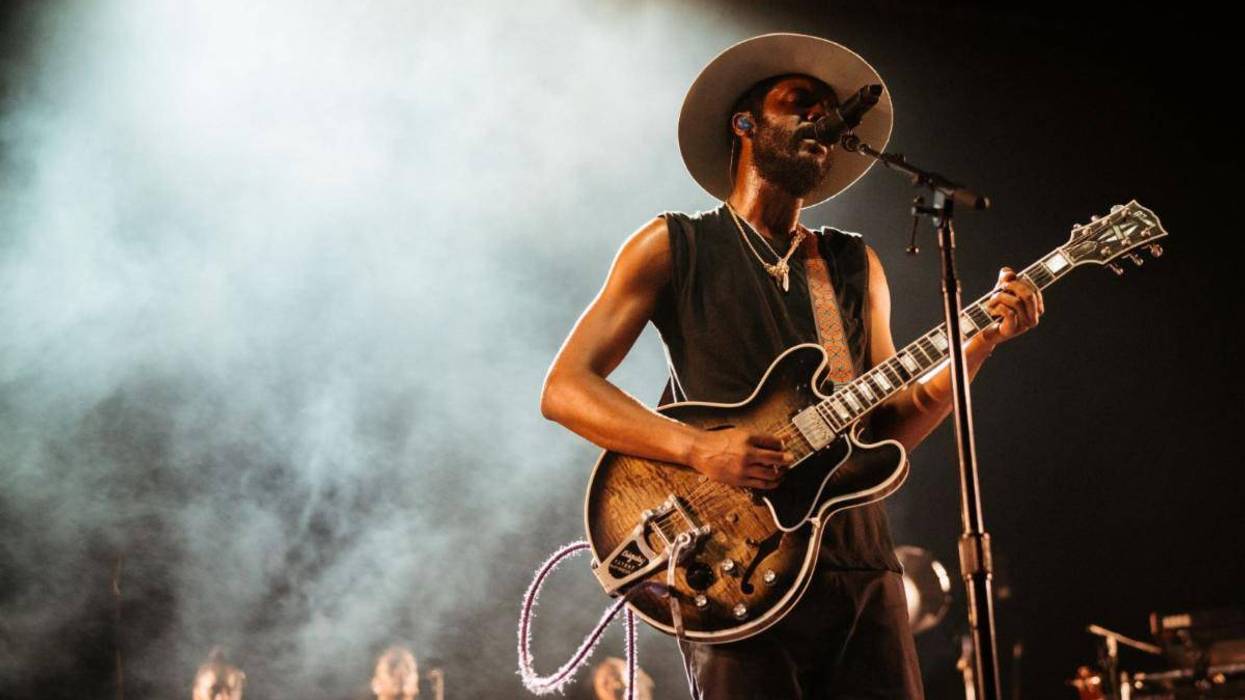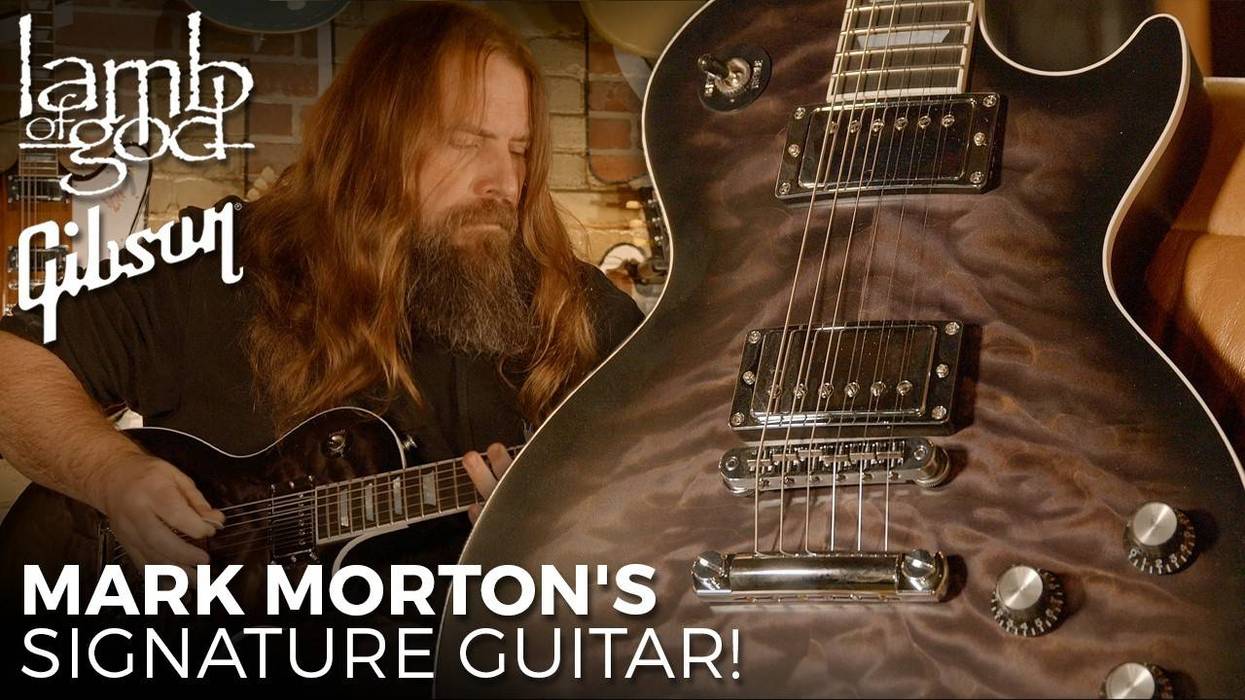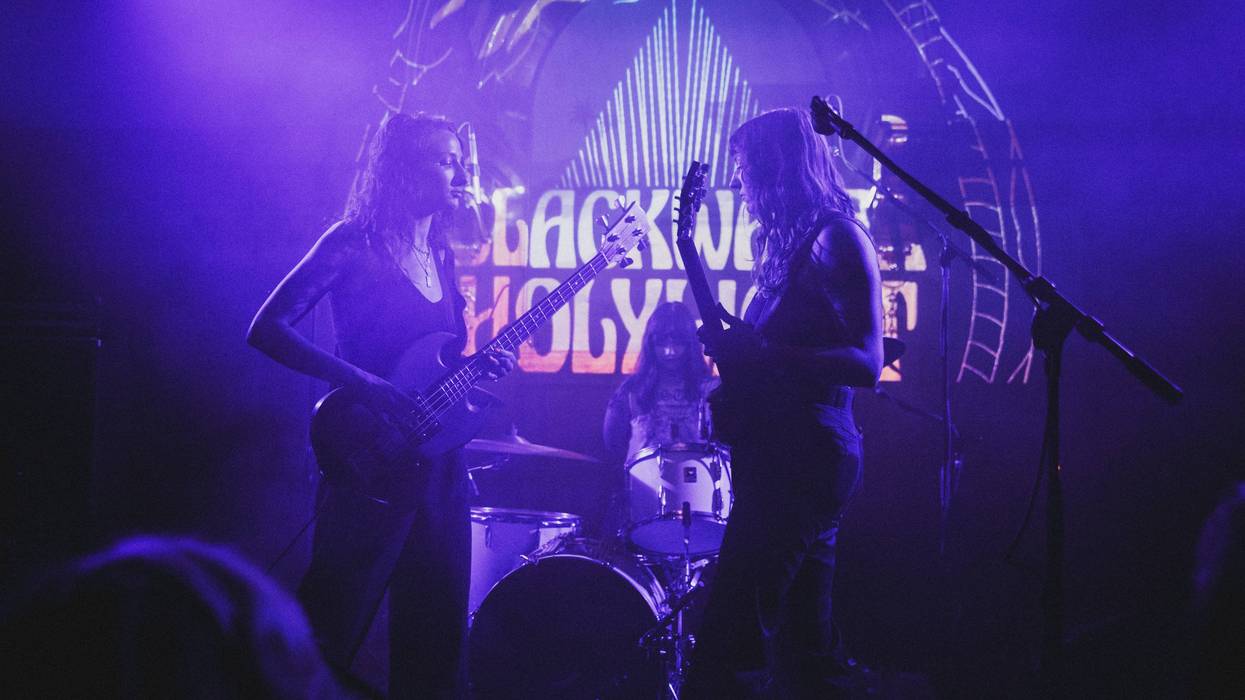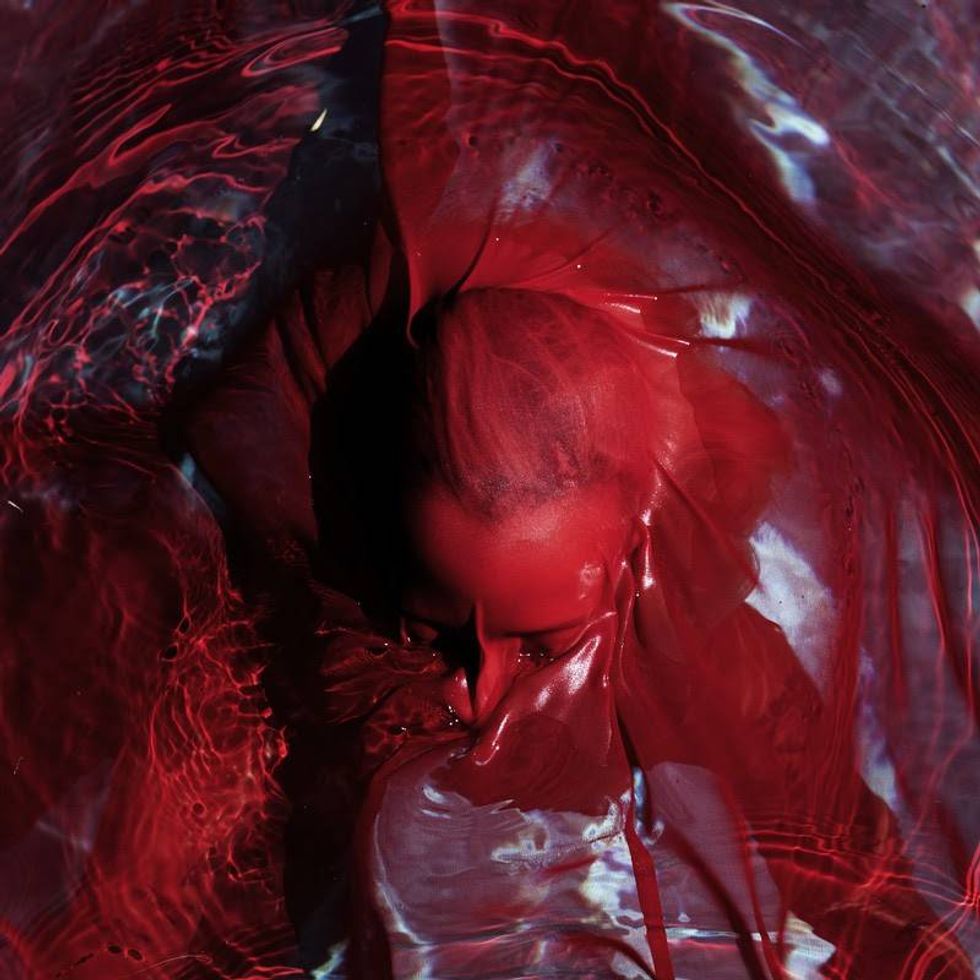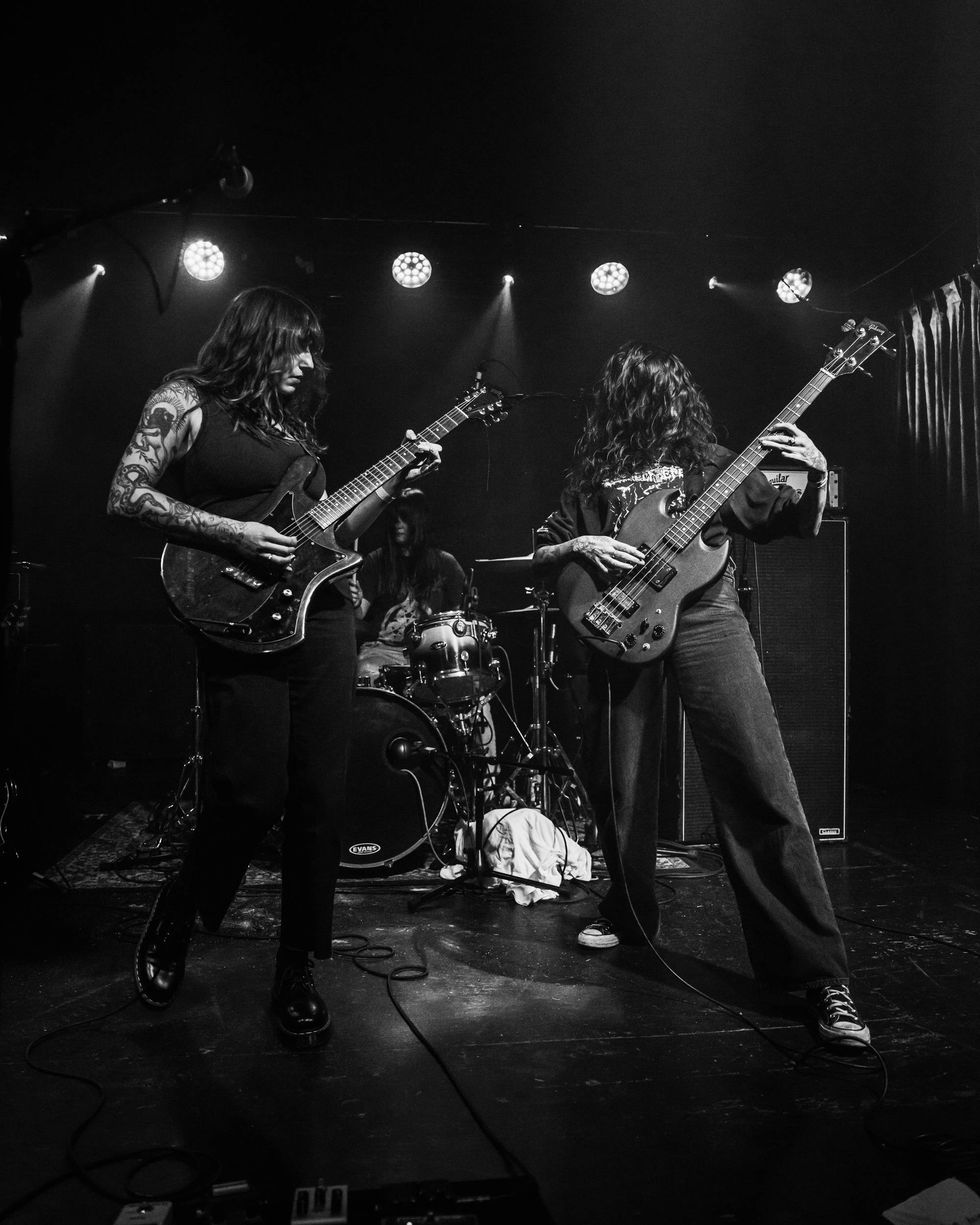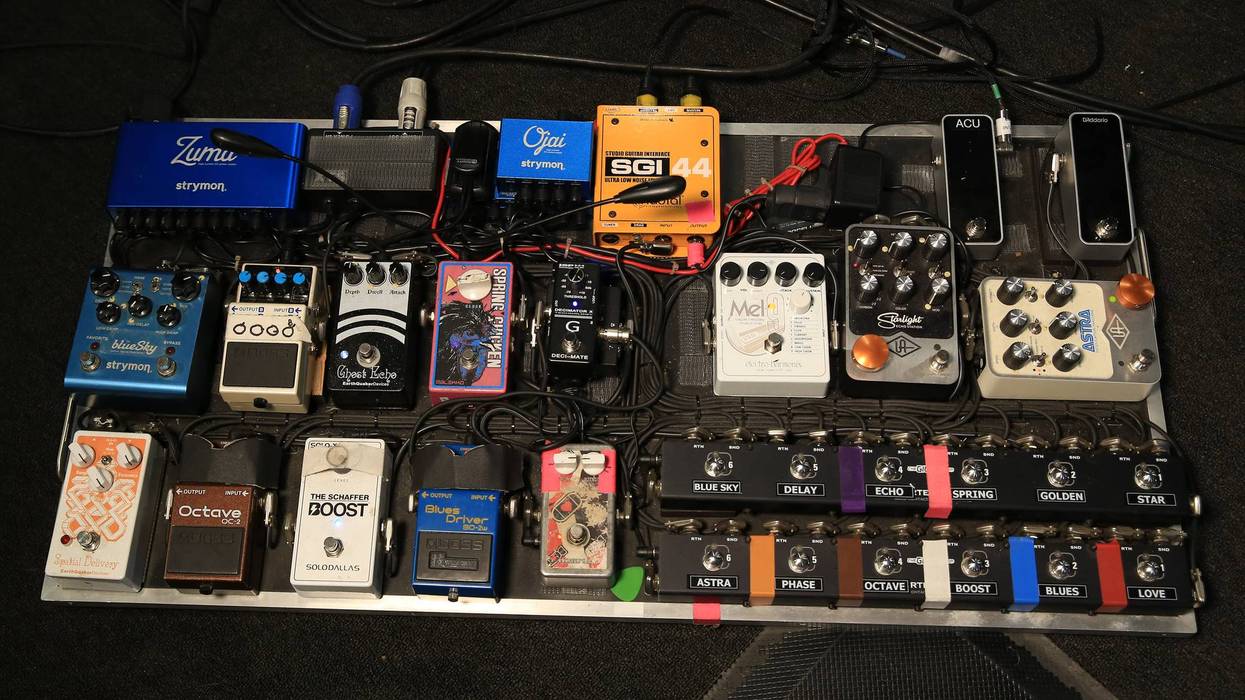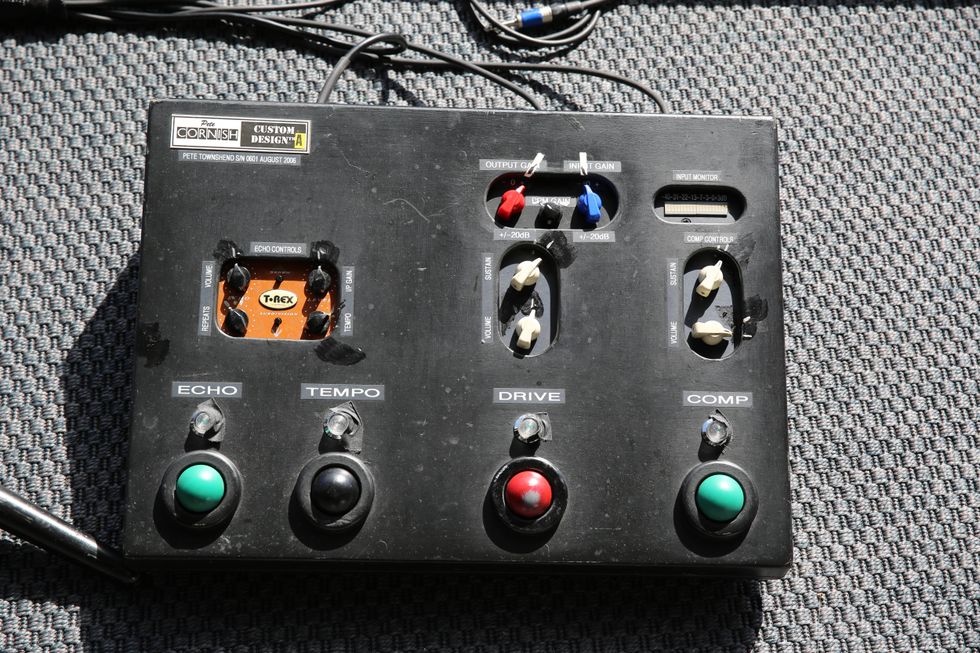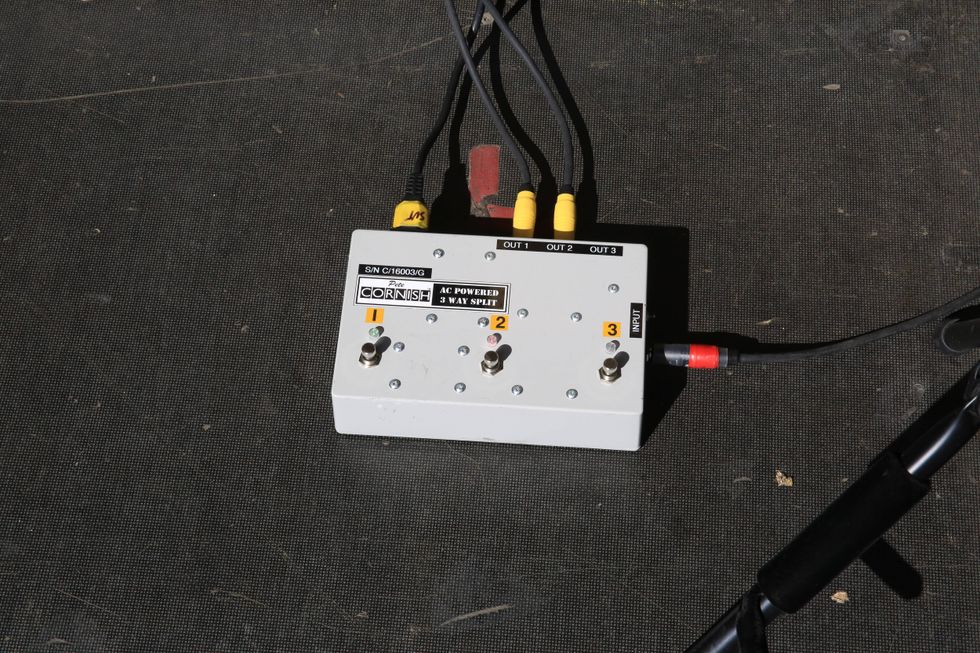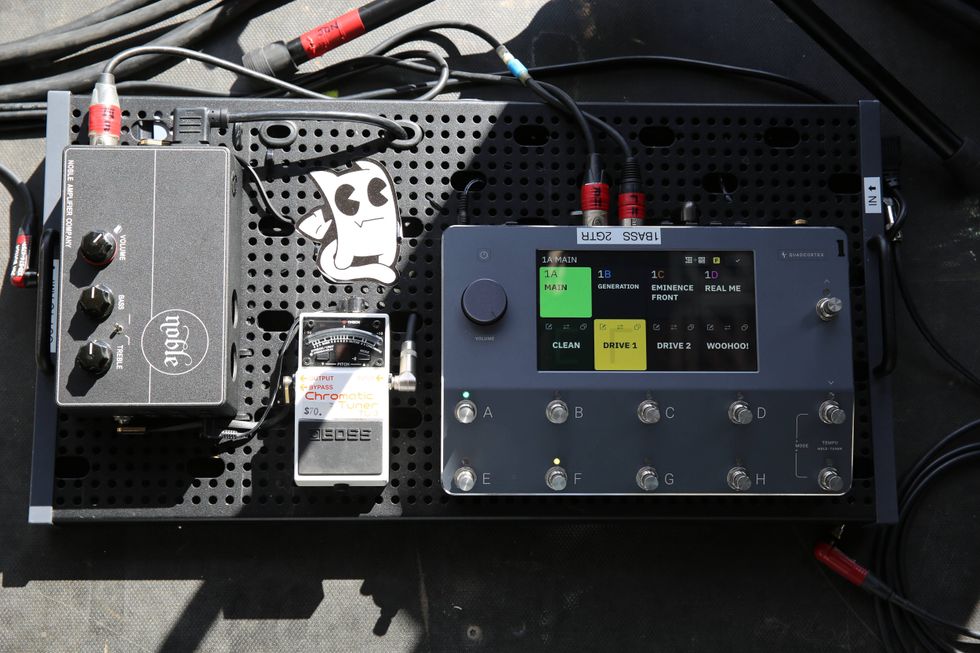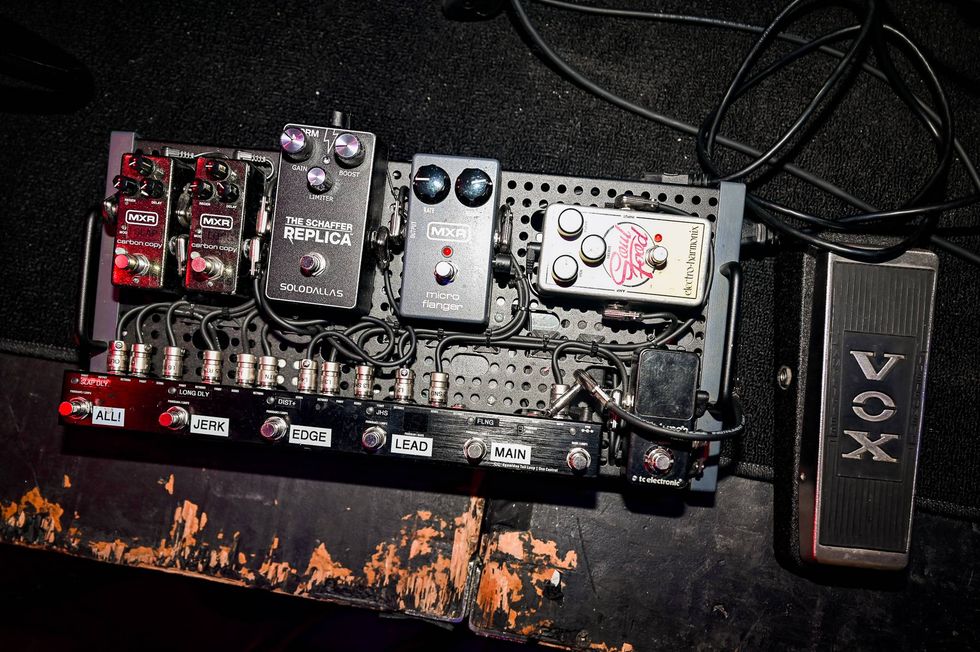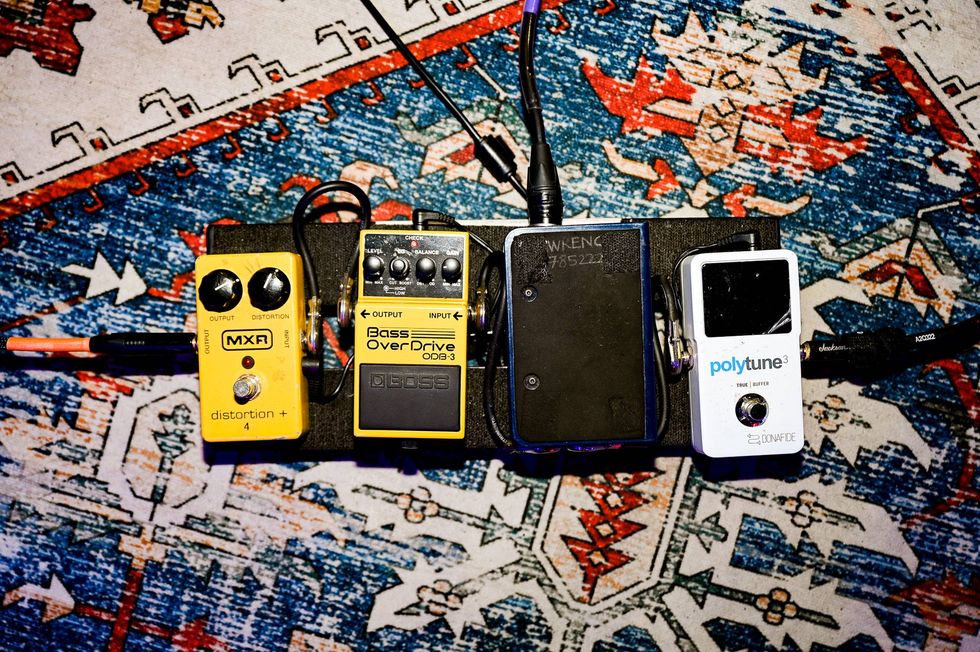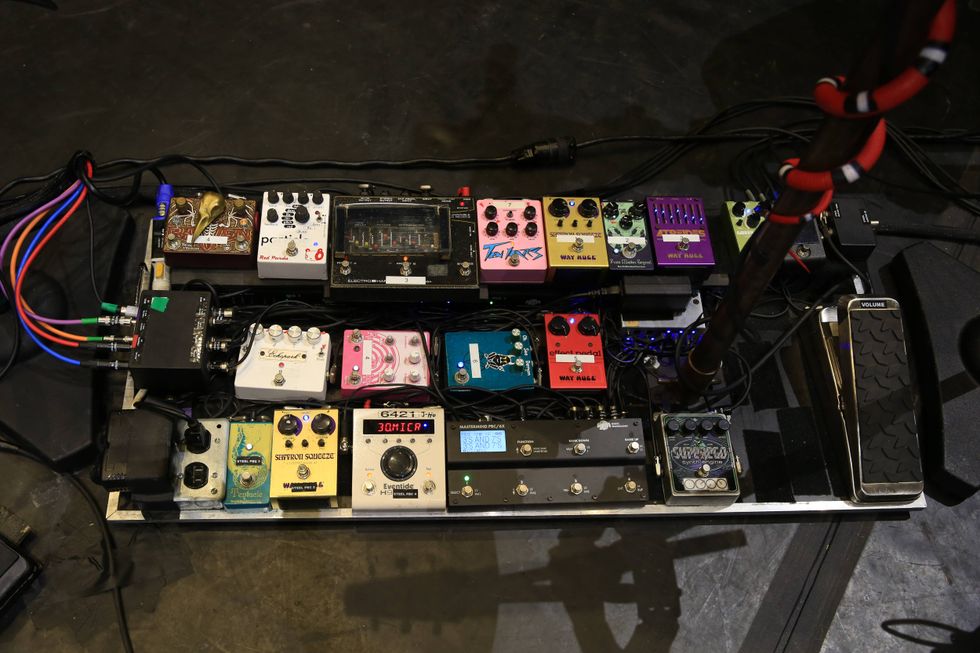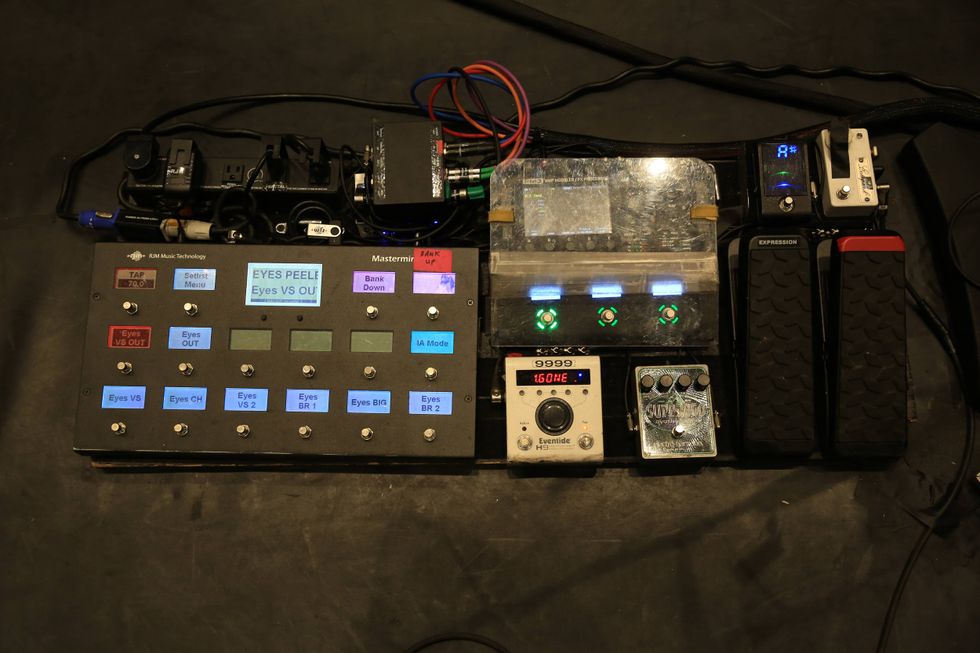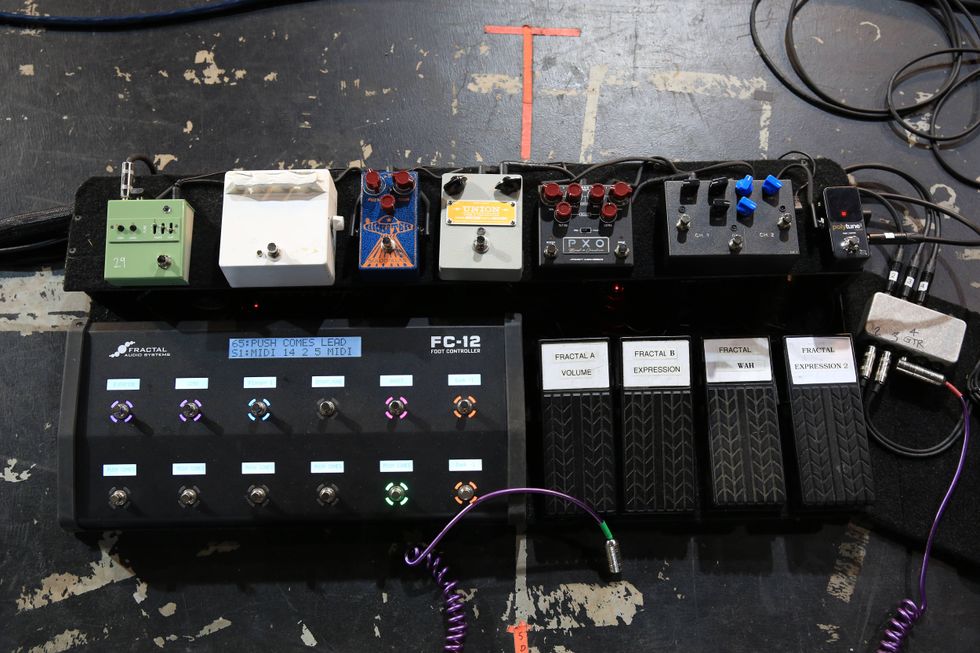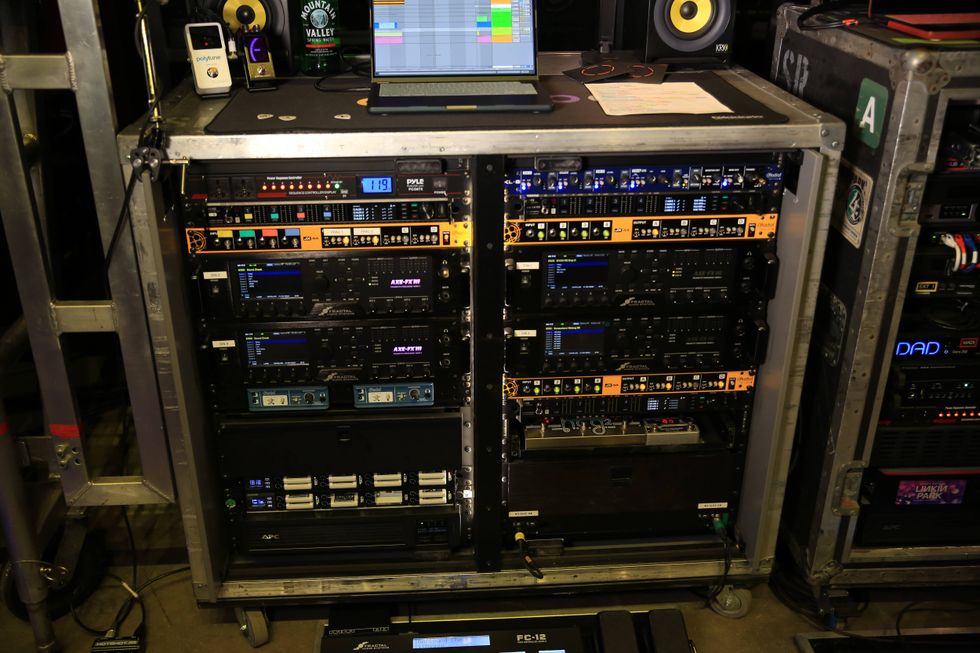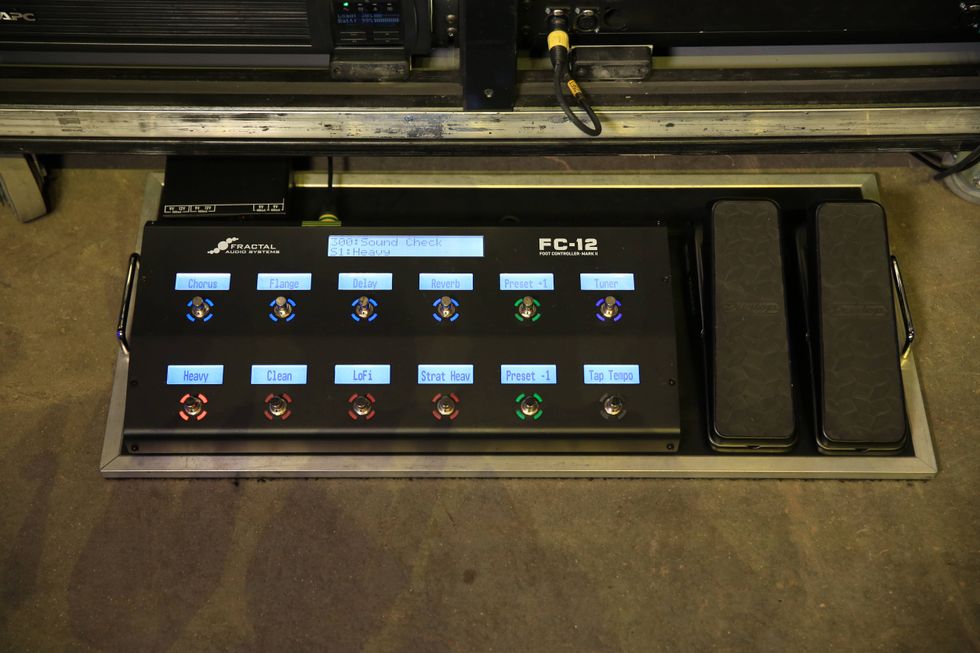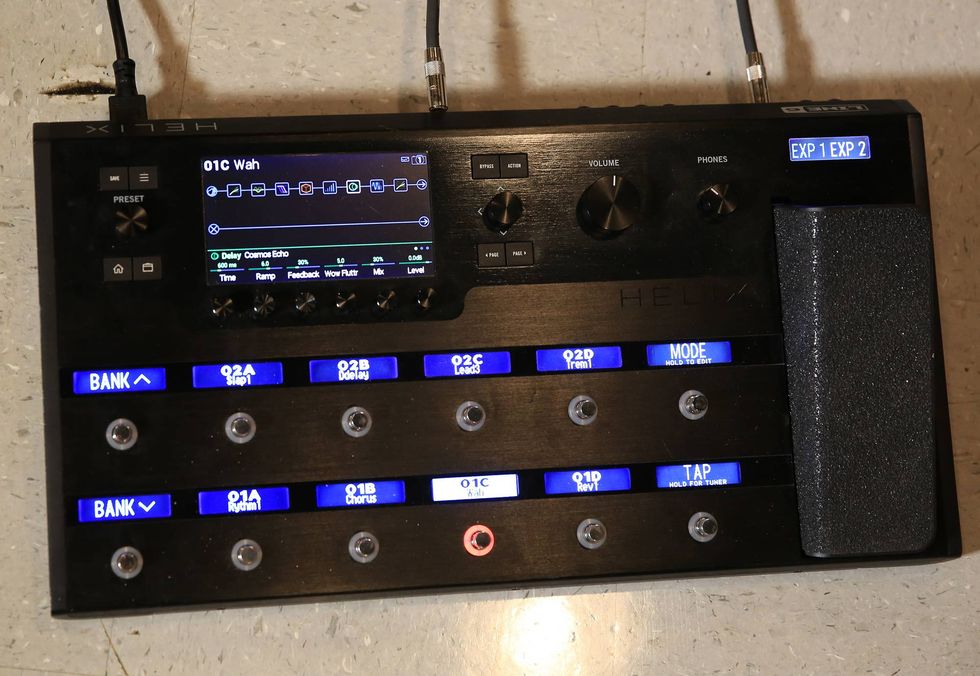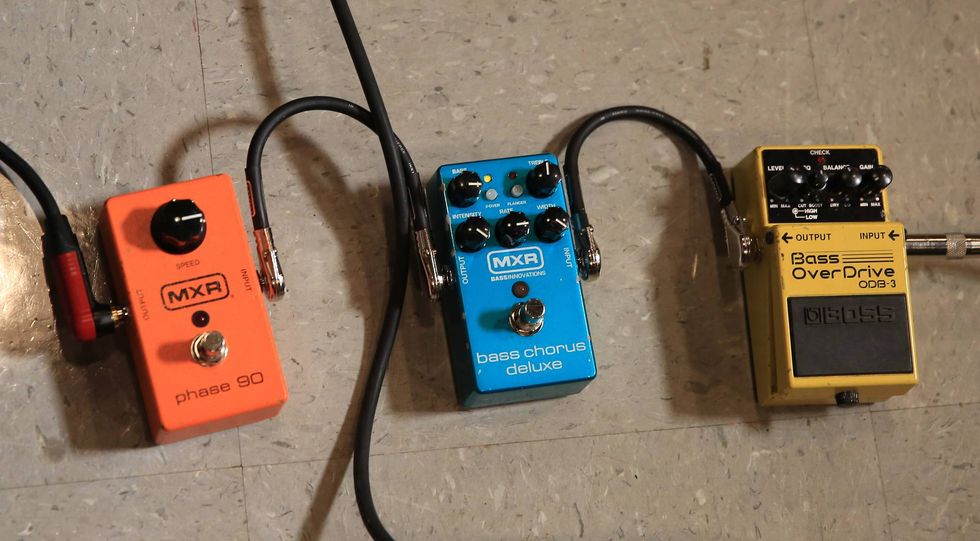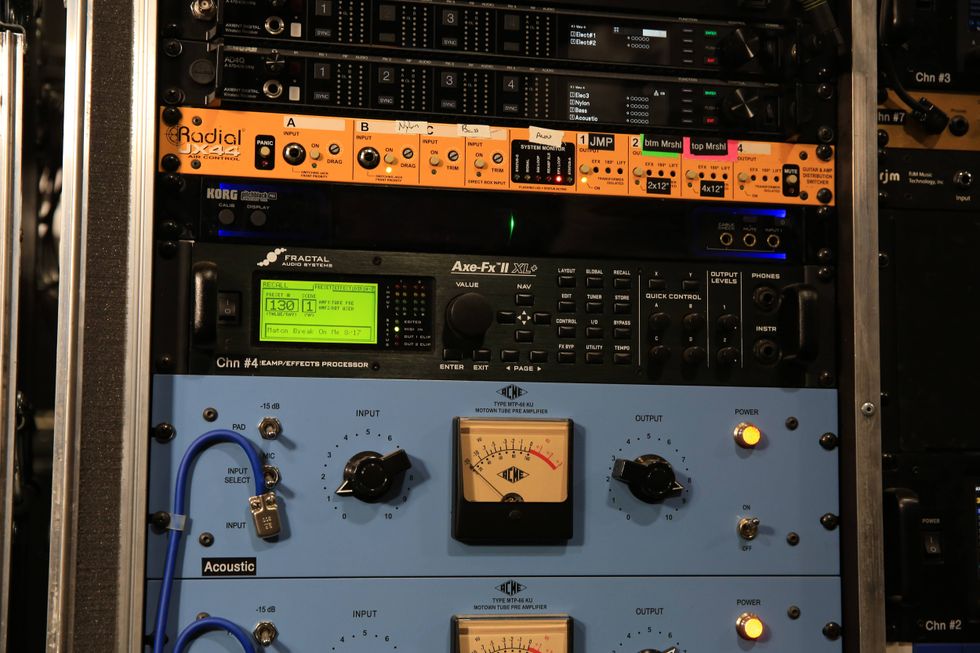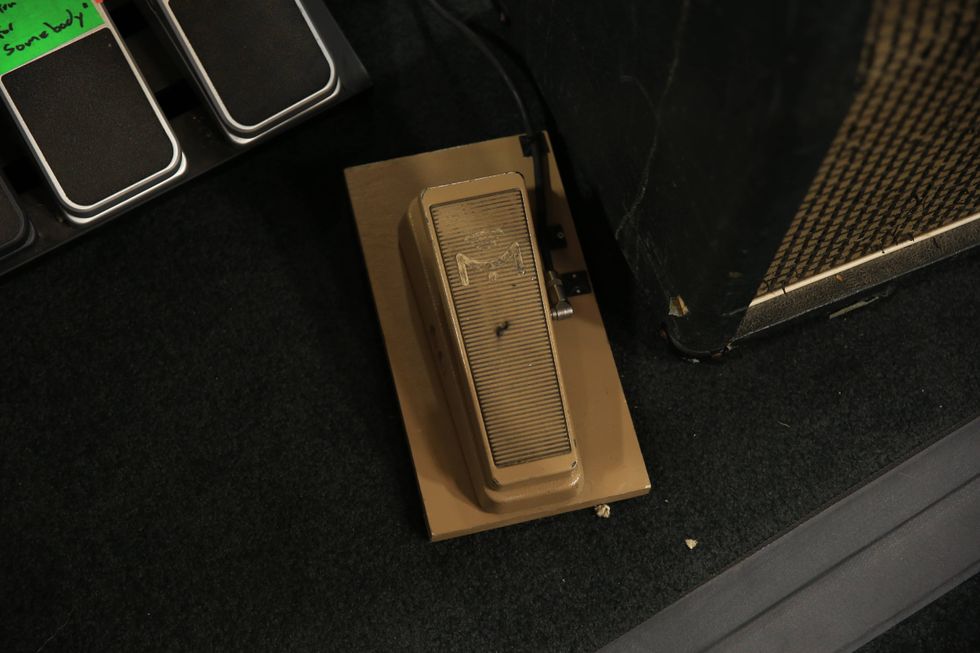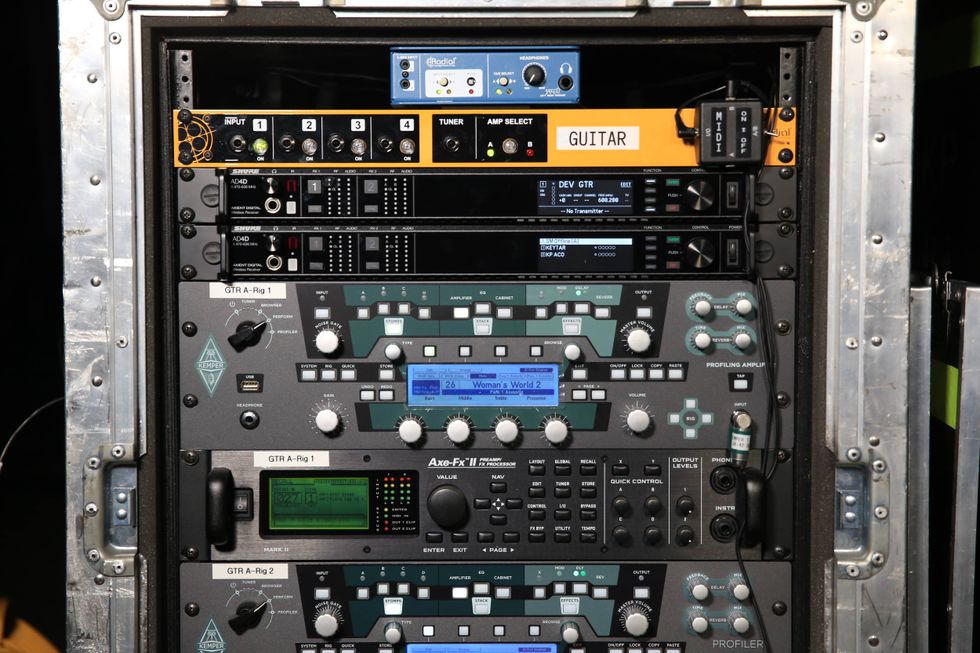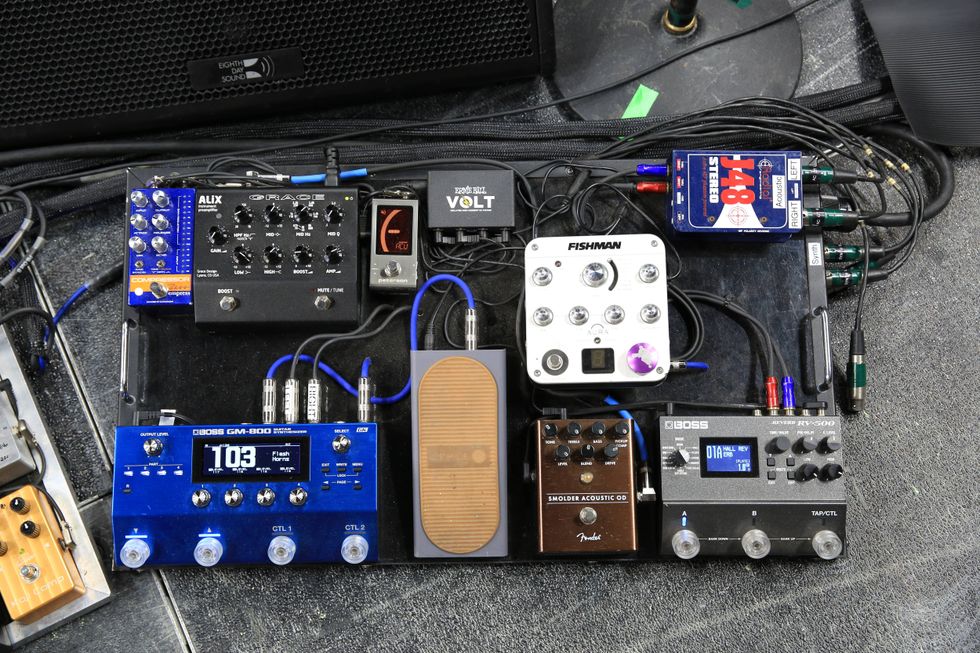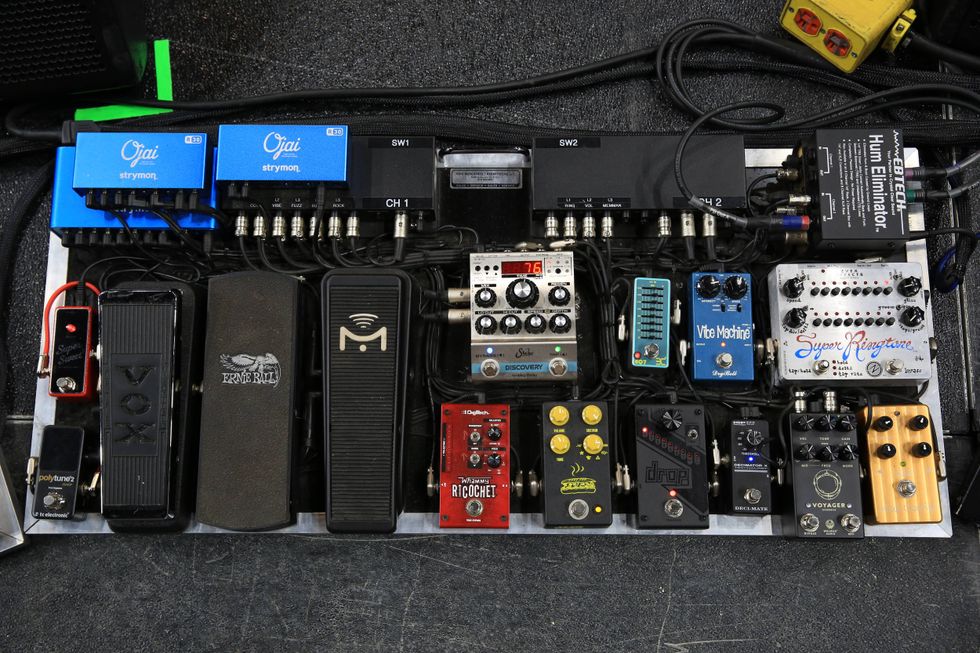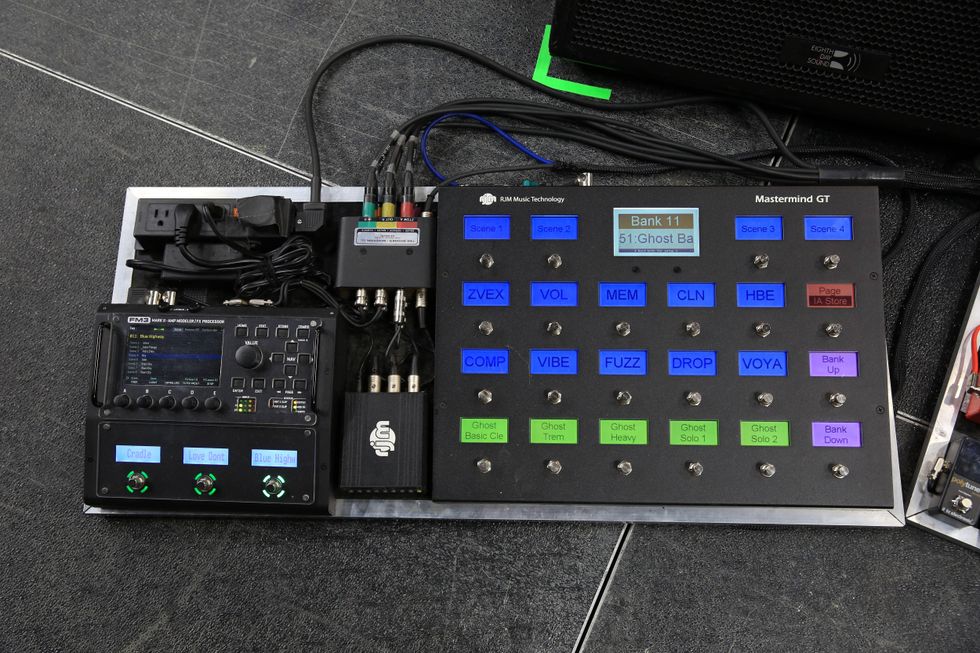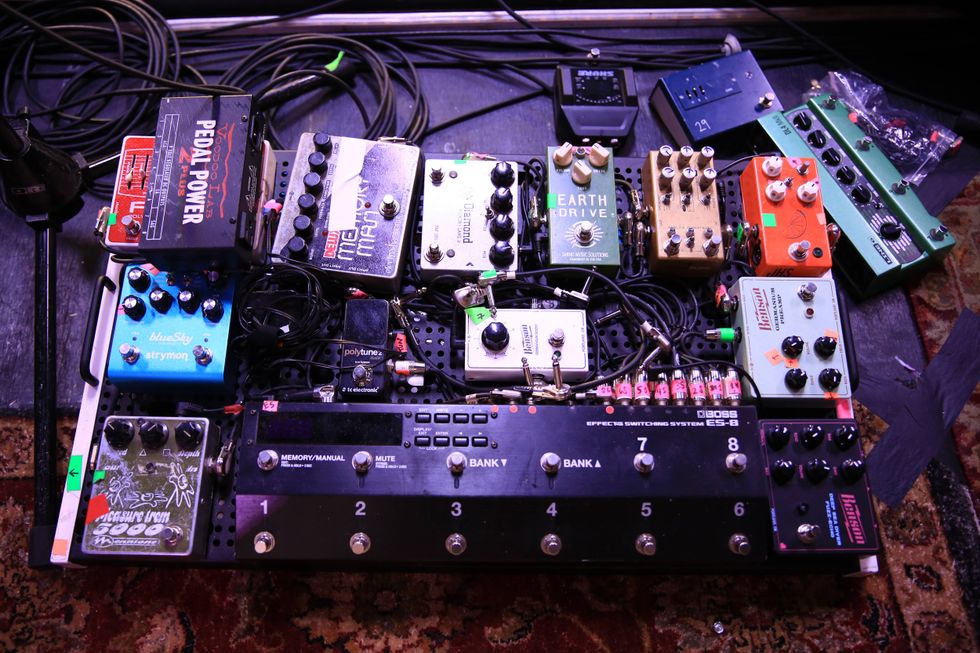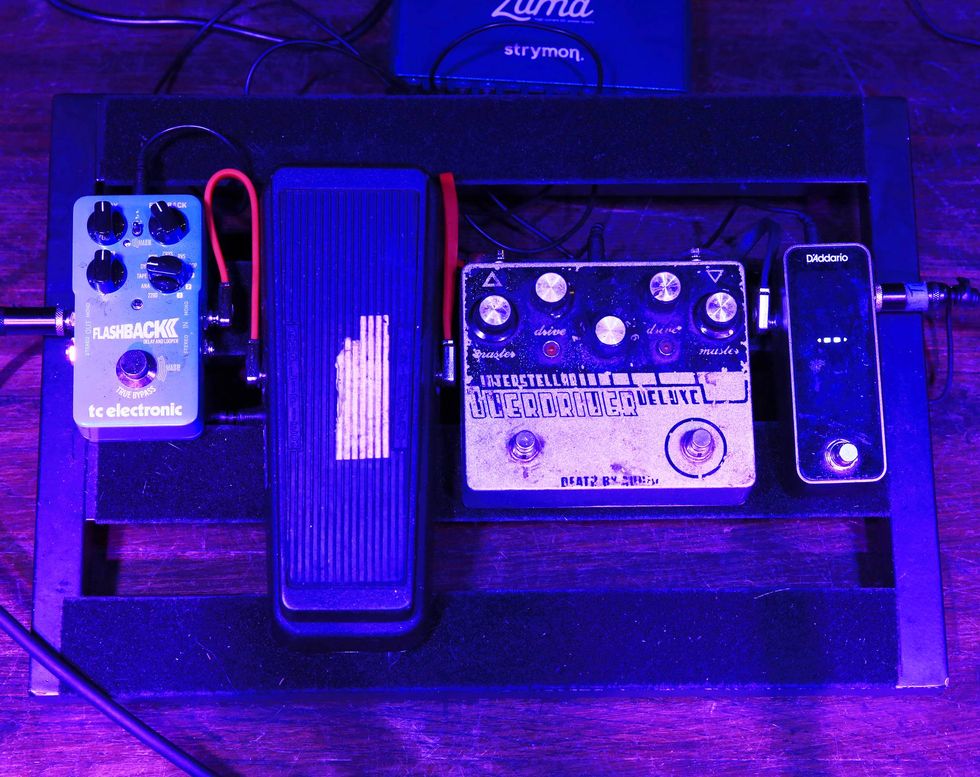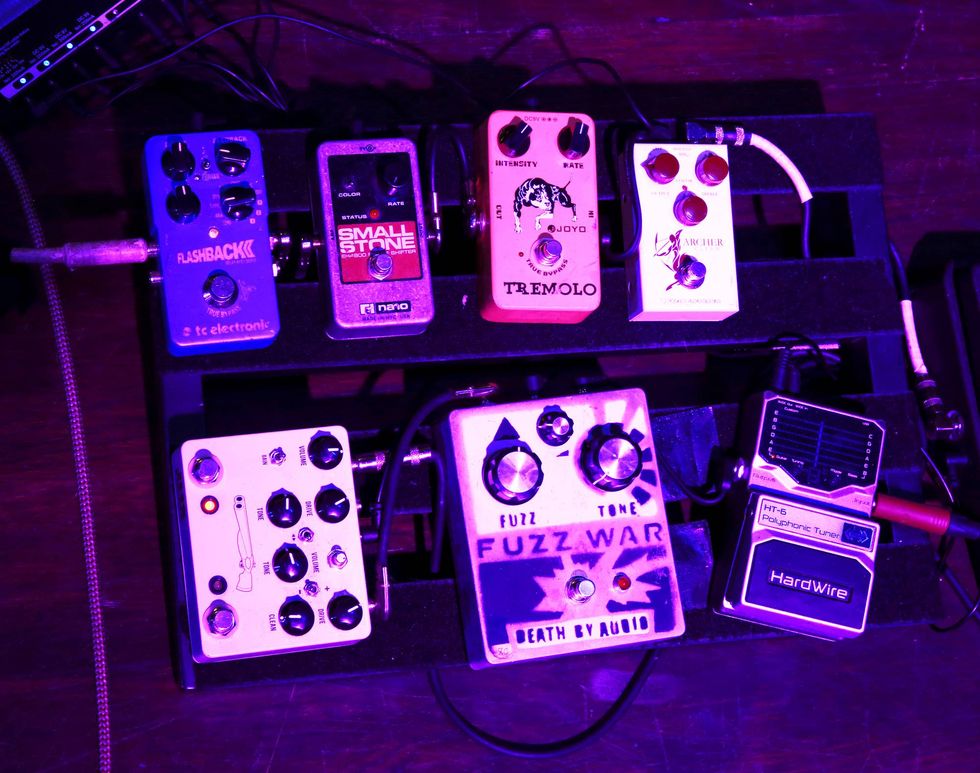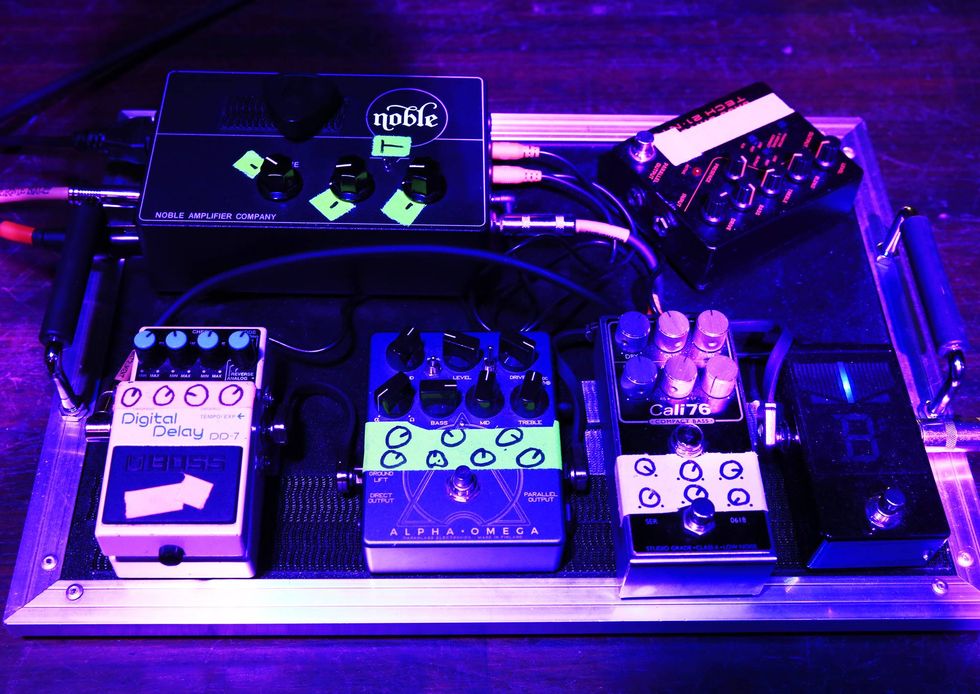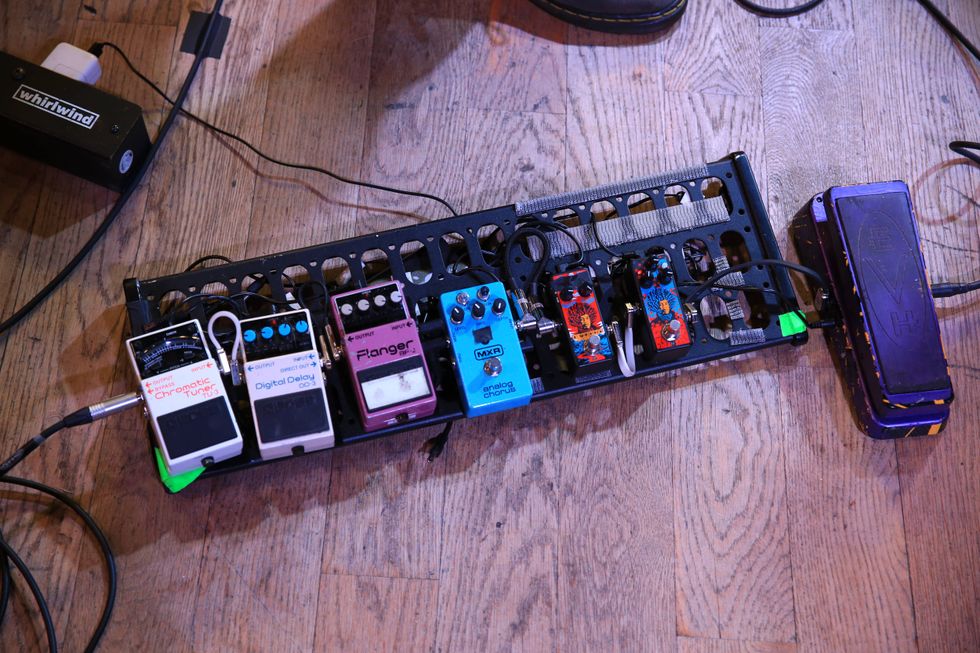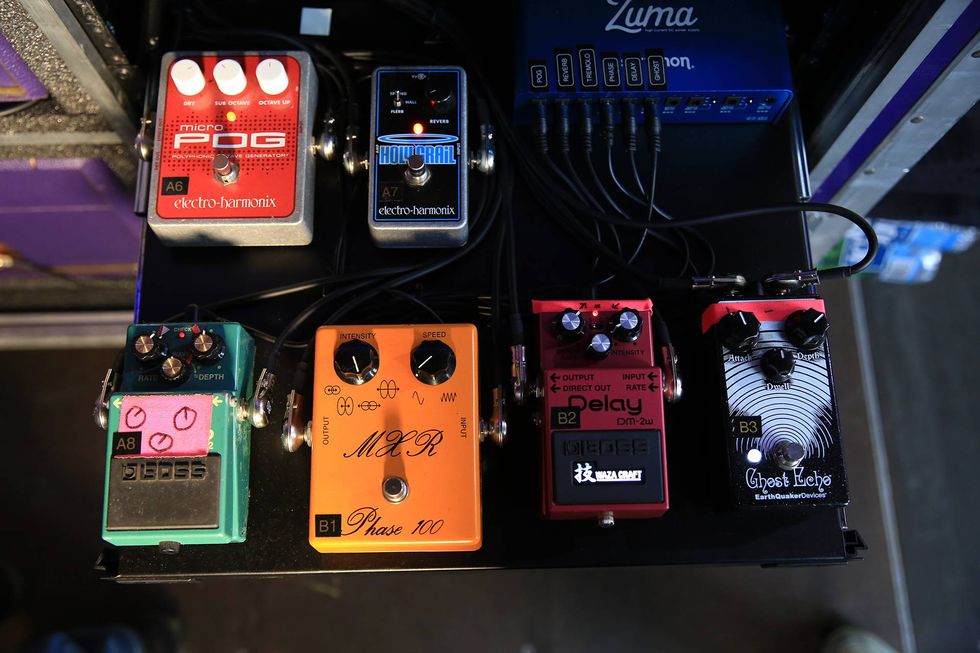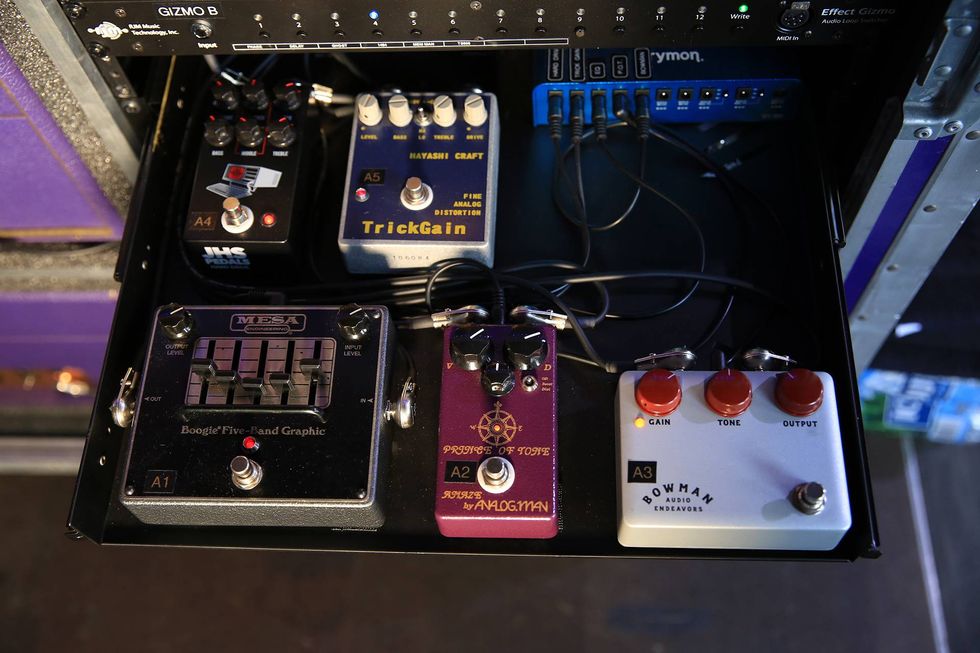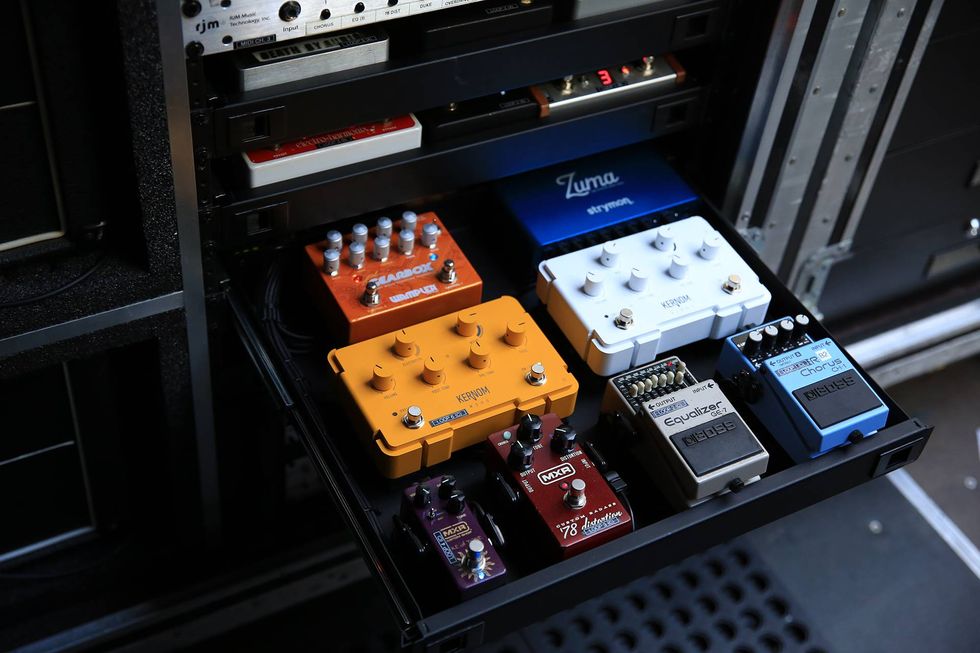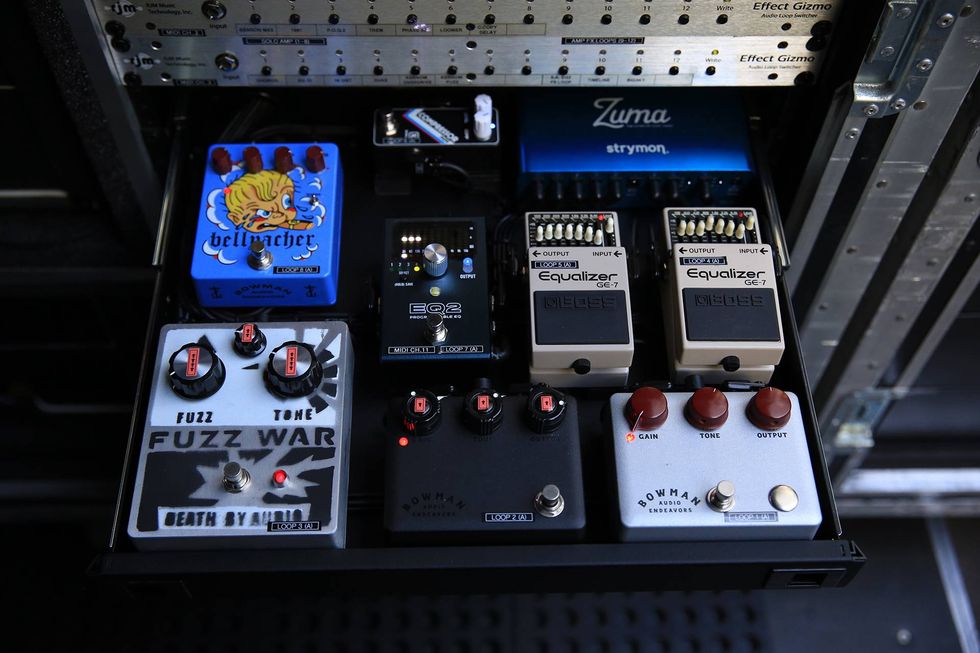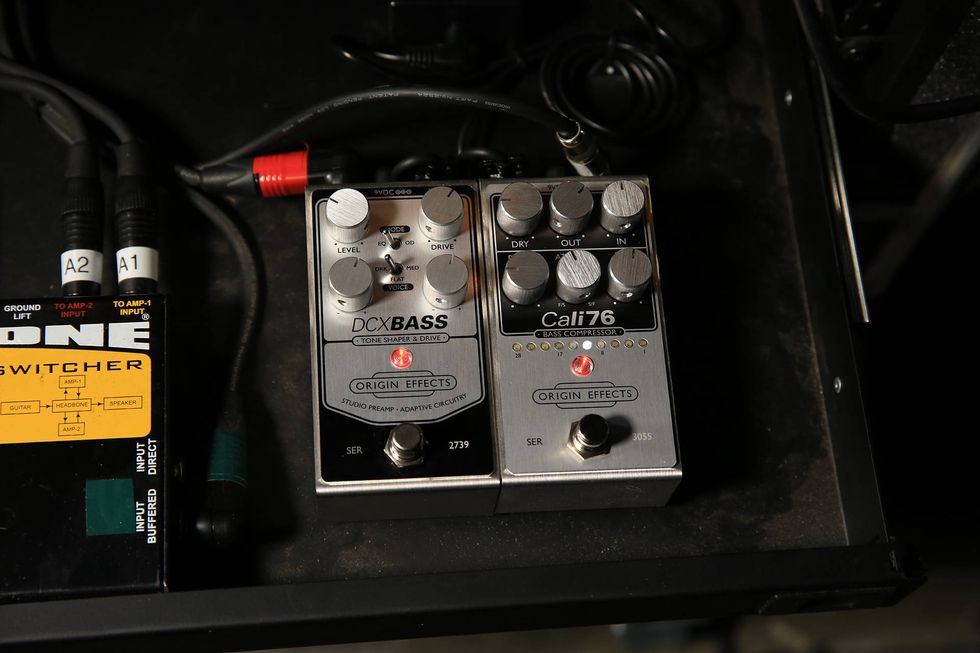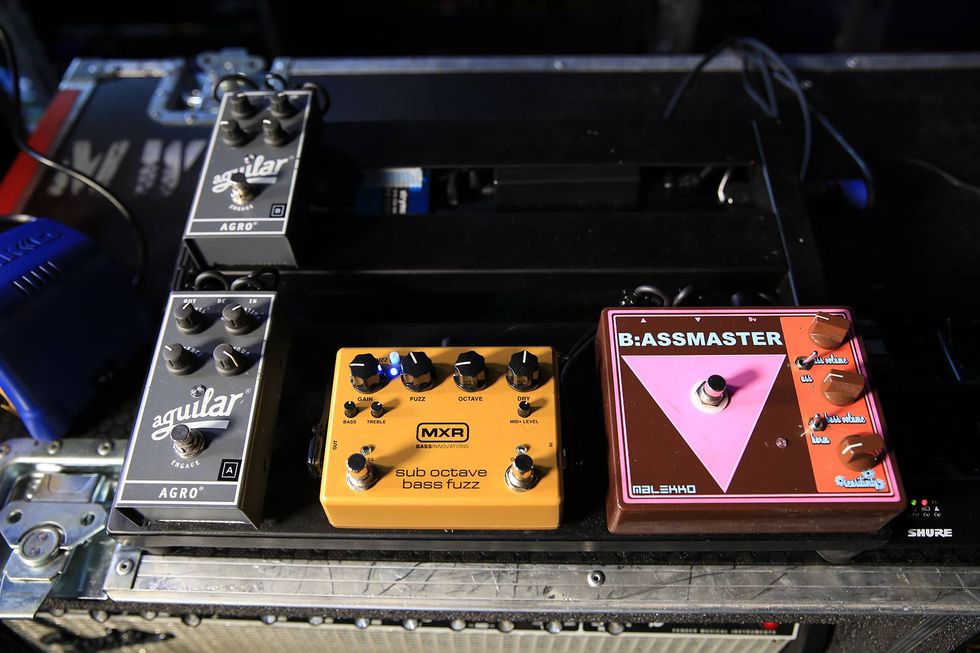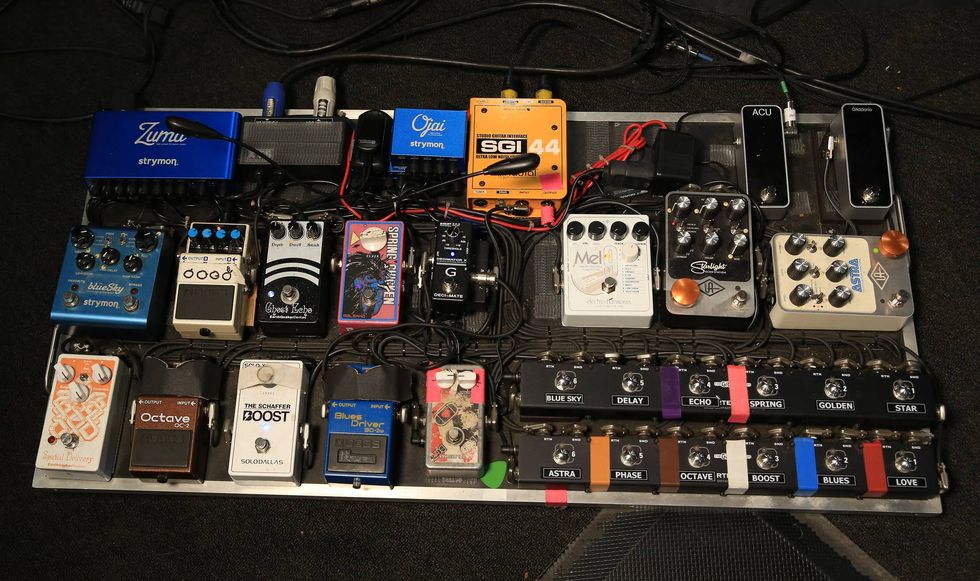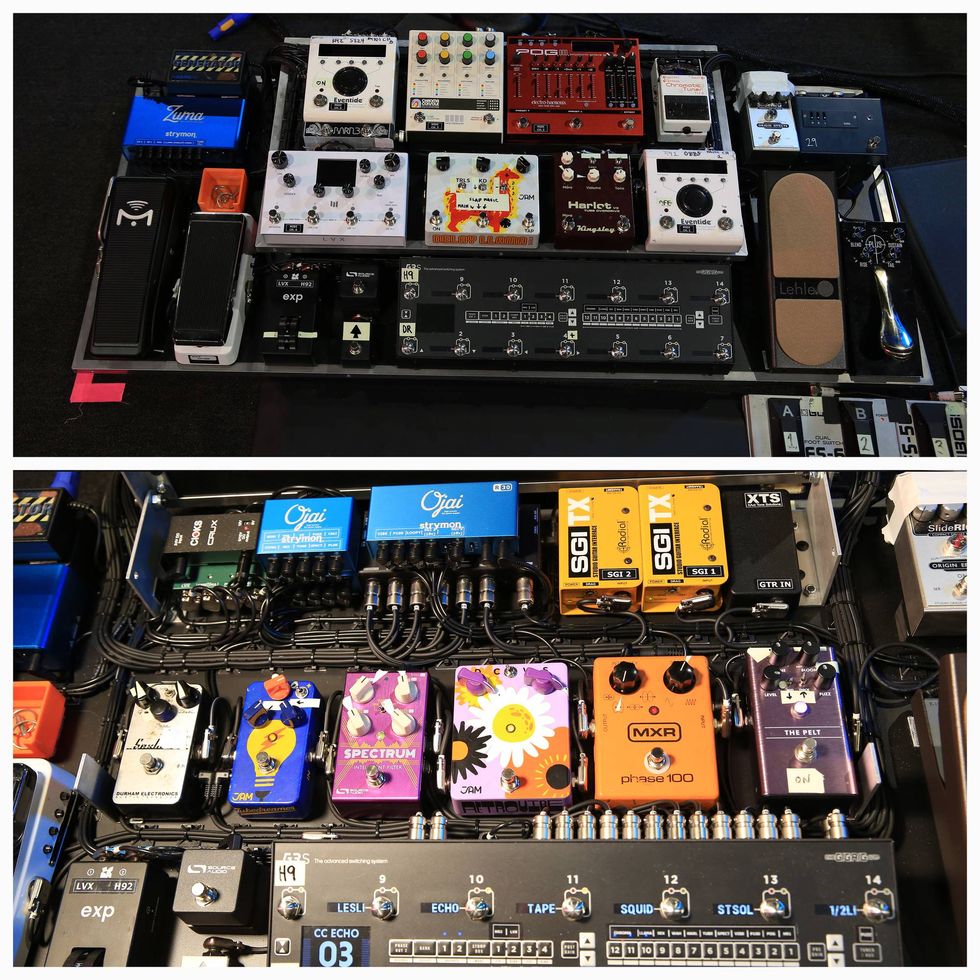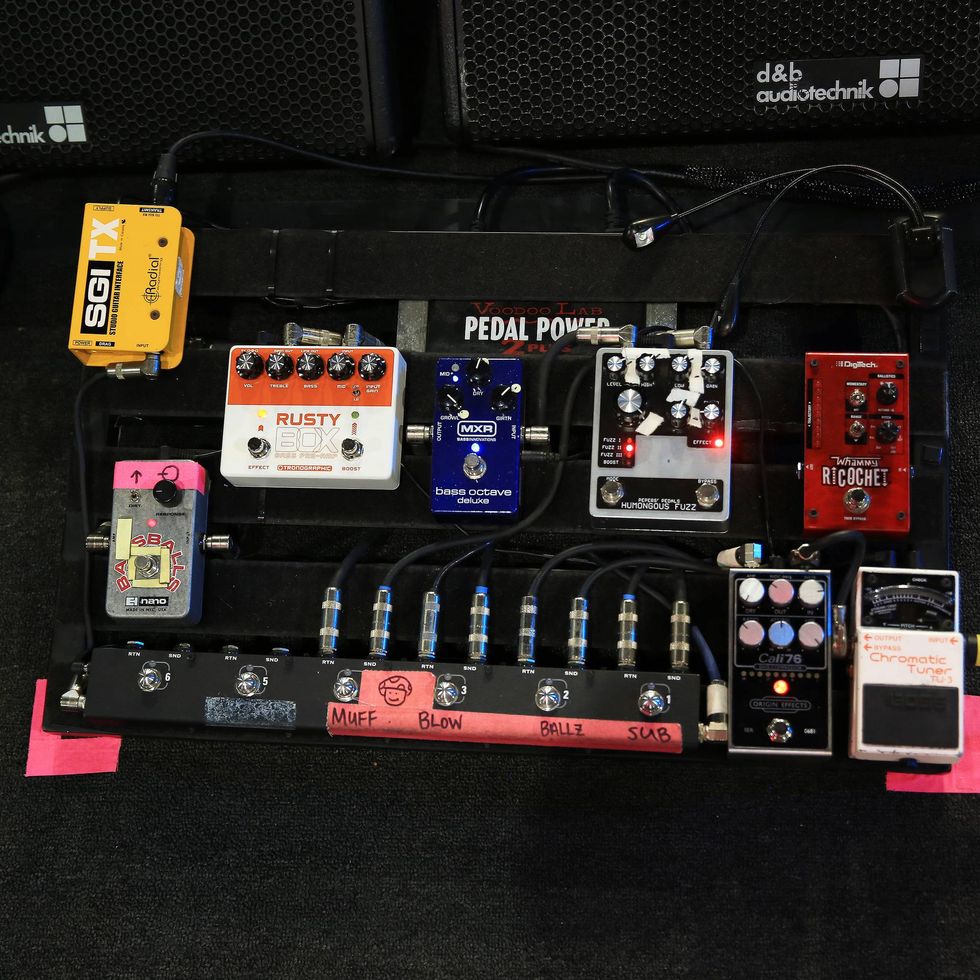Prolific American guitarist and producer Rick Derringer passed away on Monday, May 26, in Ormond Beach, Florida, at the age of 77. In the 1970s, with Edgar and Johnny Winter, and as a hit-making solo artist, he was a flamboyant stage presence whose biting tone and fluent classic-rock soloing made him a guitar-culture icon. An official cause of death has not been announced, but he suffered from heart ailments and had recently undergone a triple bypass.
Derringer, born Richard Dean Zehringer on August 5, 1947, was raised in Ohio and, before he was 10 years old, received his first electric guitar. He and his brother Randy began playing music together. By high school, he had his own band: Rick Z Combo, then Rick and the Raiders, before finally settling on the McCoys.
It was in his late teens, as singer and guitarist of the McCoys, that Derringer cut his first and perhaps most enduring hit, a cover of Wes Farrell and Bert Berns’ “Hang on Sloopy.” In fact, the band you hear on the McCoys’ iconic release is the Strangeloves; Derringer’s vocals and guitar were recorded and added, and the song was released by the McCoys. This became the definitive rendition of the song, which today remains an unofficial anthem for the state of Ohio, finding airtime at Ohio State Buckeyes, Cleveland Guardians, Cleveland Browns, and Cleveland Cavaliers games.
“It’s heavy rock ’n’ roll boogie and hyper, bluesy riffing also gained it a spot in the popular video game Guitar Hero II, where Derringer’s music was introduced to a new, young generation of aspiring guitarists.”
In the 1970s, Derringer and the McCoys began a fruitful and long-lasting relationship with brothers Edgar and Johnny Winter, first as part of Johnny Winter’s Johnny Winter And group, and then Edgar Winter’s White Trash and Edgar Winter Group. Off the back of those collaborations, Derringer launched his debut solo LP, All American Boy, in 1973. It carried another of his signature songs, the rollicking, groovy-as-hell “Rock and Roll, Hoochie Koo,” which had by then already been released twice on records by both Johnny and Edgar Winter. Derringer’s take reached No. 23 on Billboard’s Hot 100 chart and saturated FM radio. Its heavy rock ’n’ roll boogie and hyper, bluesy riffing also gained it a spot in the popular video game Guitar Hero II, where Derringer’s music was introduced to a new, young generation of aspiring guitarists.
Through the 1970s and ’80s, Derringer continued his streak of collaborations with artists like Steely Dan, Todd Rundgren, Meat Loaf, Cyndi Lauper, Barbra Streisand, and more. Most notable, perhaps, was his work with “Weird Al” Yankovic. He produced six albums for the song satirist, which included Yankovic’s Grammy-winning hits “Eat It” (1984) and “Fat” (1988). By then, Derringer had already racked up a string of formidable production credits: his own All American Boy, Edgar Winter’s Shock Treatment and They Only Come Out at Night, Live Johnny Winter And, plus Johnny Winter’s Saints & Sinners, among others.
Derringer also played guitar on Bonnie Tyler’s perennial karaoke-night staple “Total Eclipse of the Heart,” and in 1985, Derringer struck gold again with “Real American,” Hulk Hogan’s theme song from the WWE soundtrack record, The Wrestling Album. With its striking title and pumped-up lyrics (“I am a real American/Fight for the rights of every man!”), the song went on to find popularity with politicians of all stripes, from Barack Obama to Hillary Clinton to Donald Trump.
The latter found favor with Rick Derringer, who appeared multiple times on Alex Jones’ far-right, conspiracy-theory-based website Infowars in conversation with Roger Stone to express support for Trump, beginning in 2016. Derringer revamped the lyrics of “Real American” for a rerelease in 2017, which he promoted with an appearance on Infowars.
Derringer continued playing with high-profile musicians through the 2000s, including Ringo Starr, Peter Frampton, Yes’ Jon Anderson, Joe Bonamassa, and the Winter brothers. Throughout his life, Derringer mostly used humbucking-outfitted guitars for his big tone, including Gibson Explorers, SGs, ES-335s, and Les Pauls, as well as B.C. Rich Mockingbirds and a signature model Warrior guitar.




